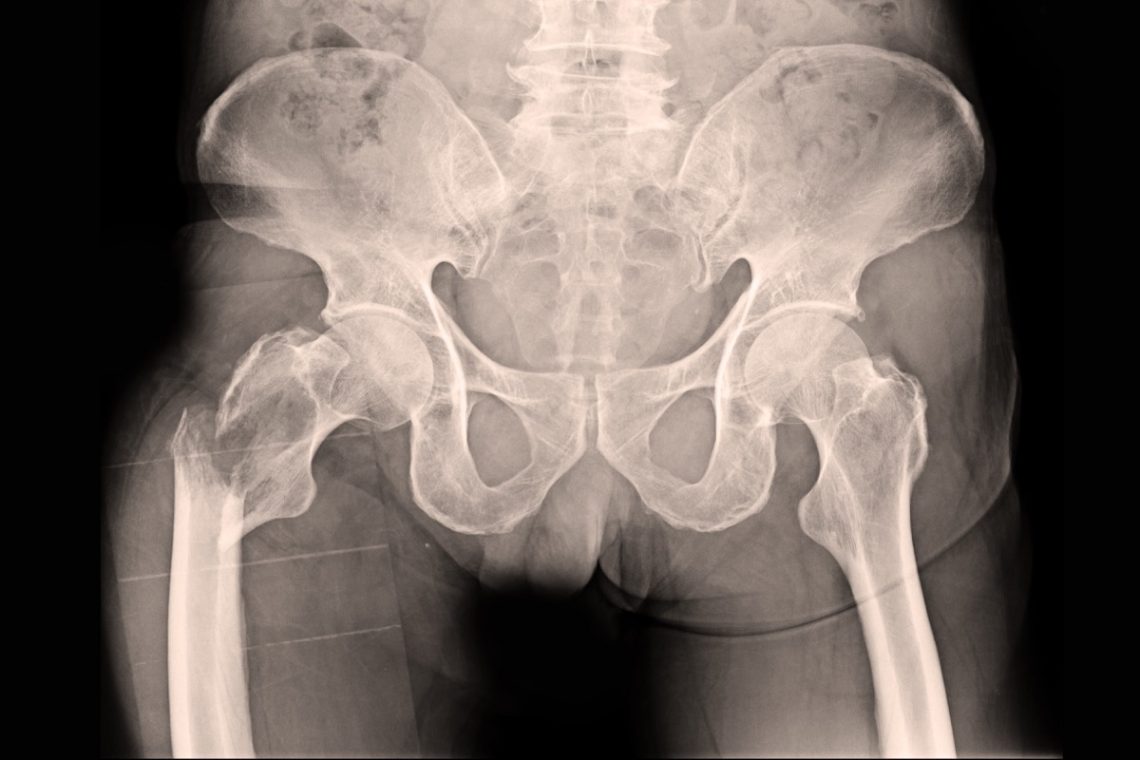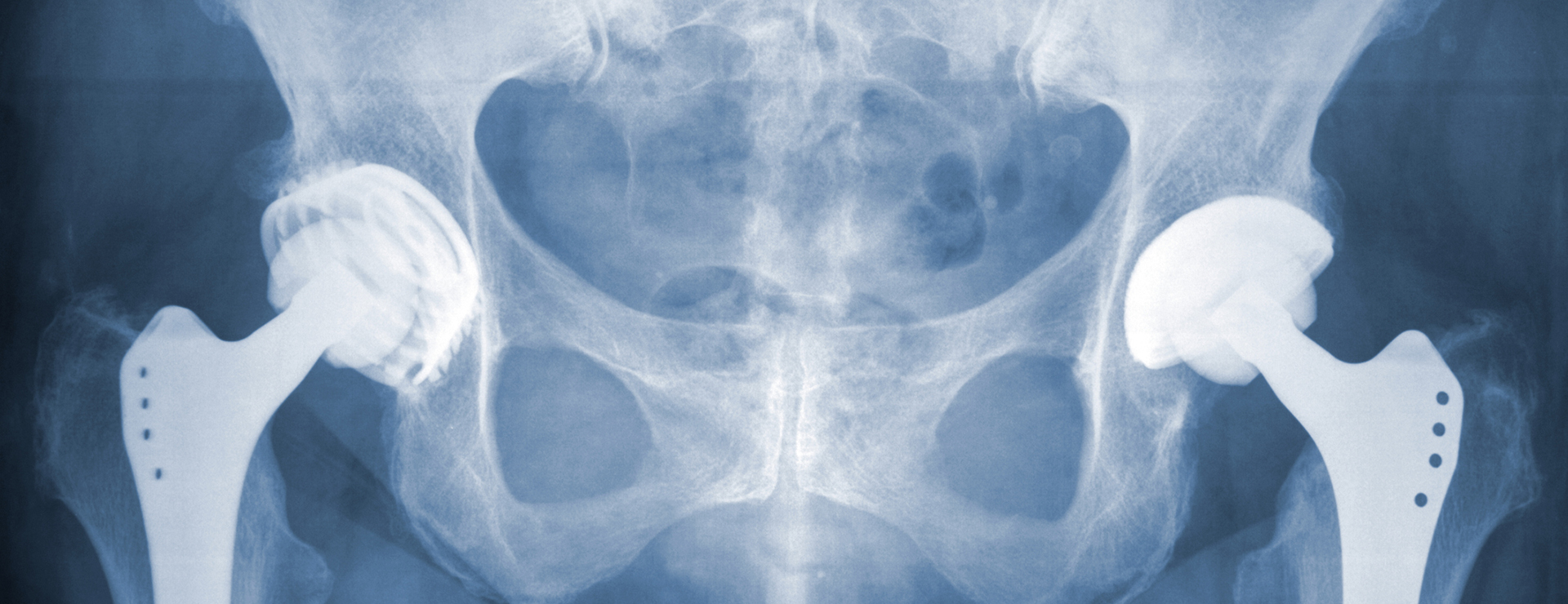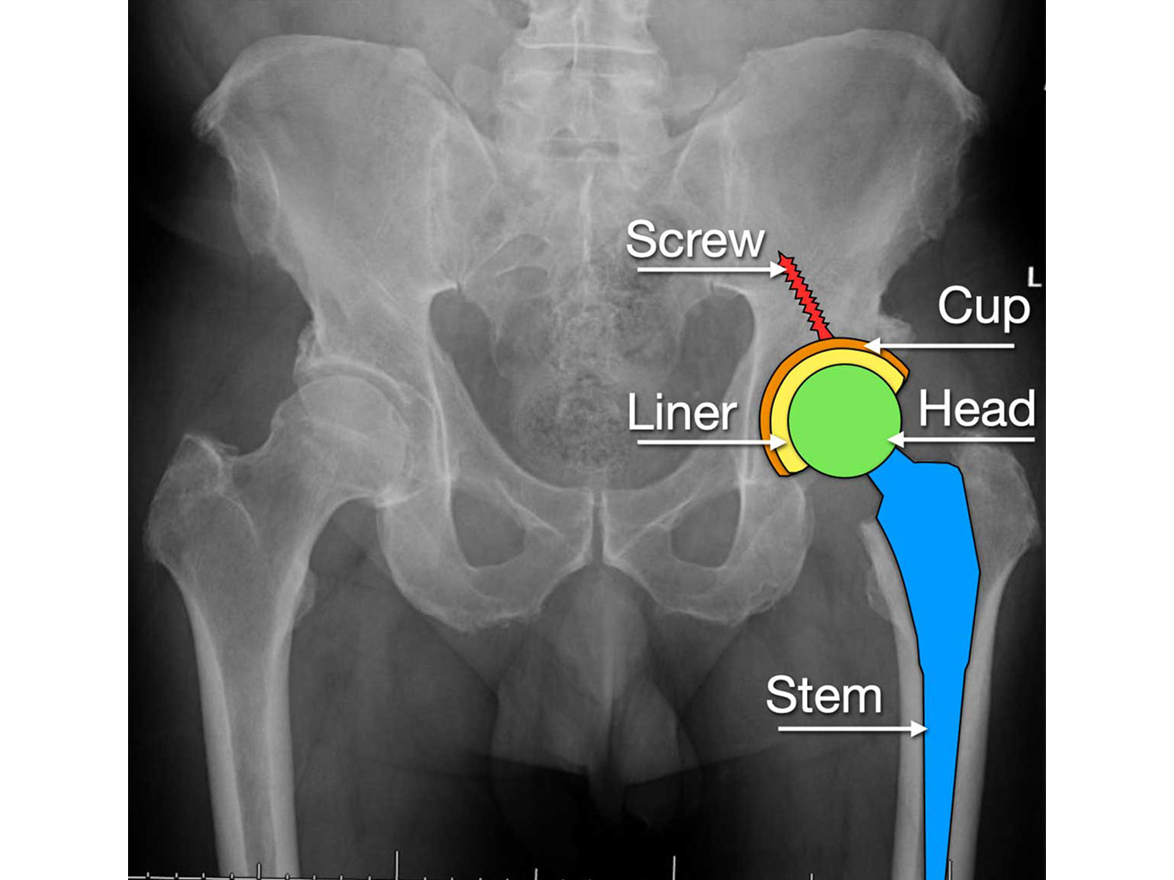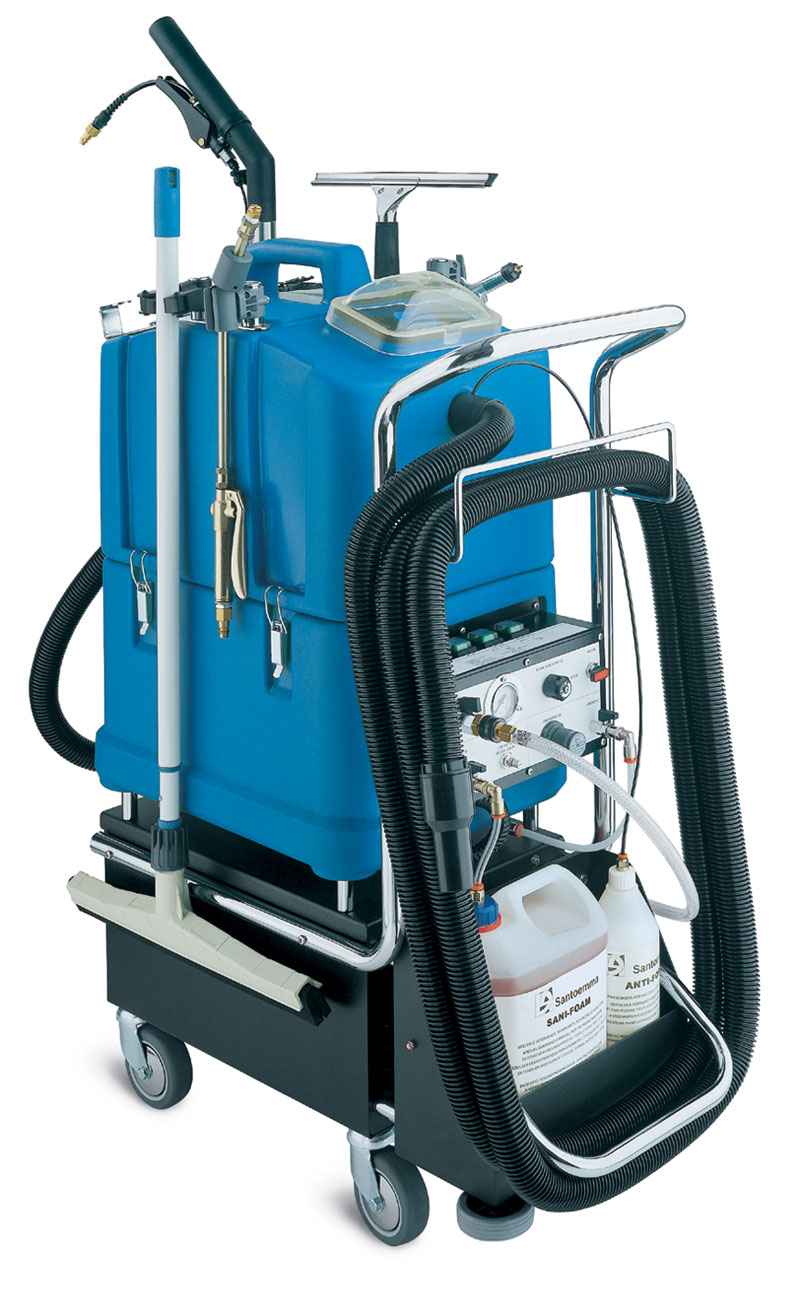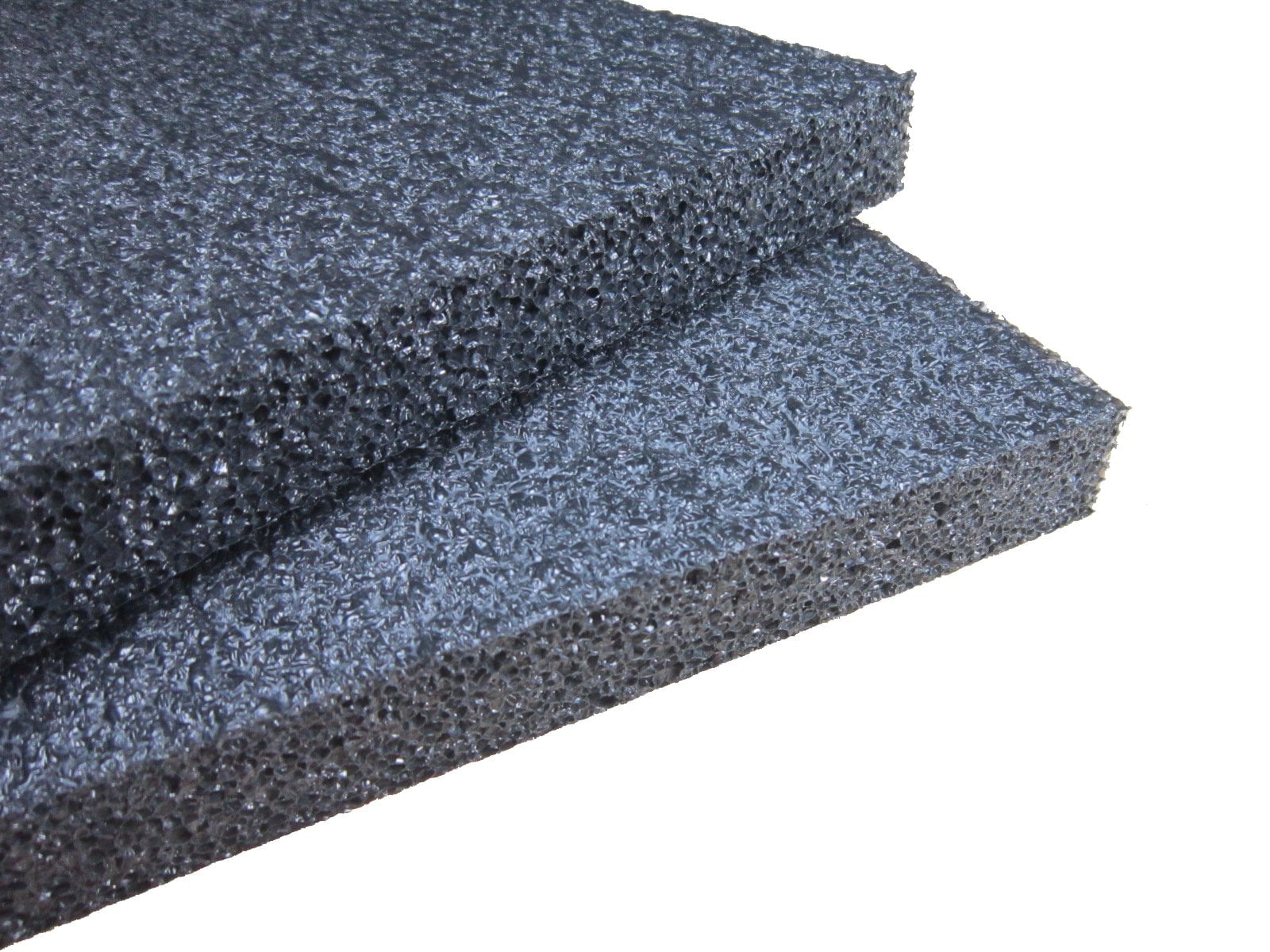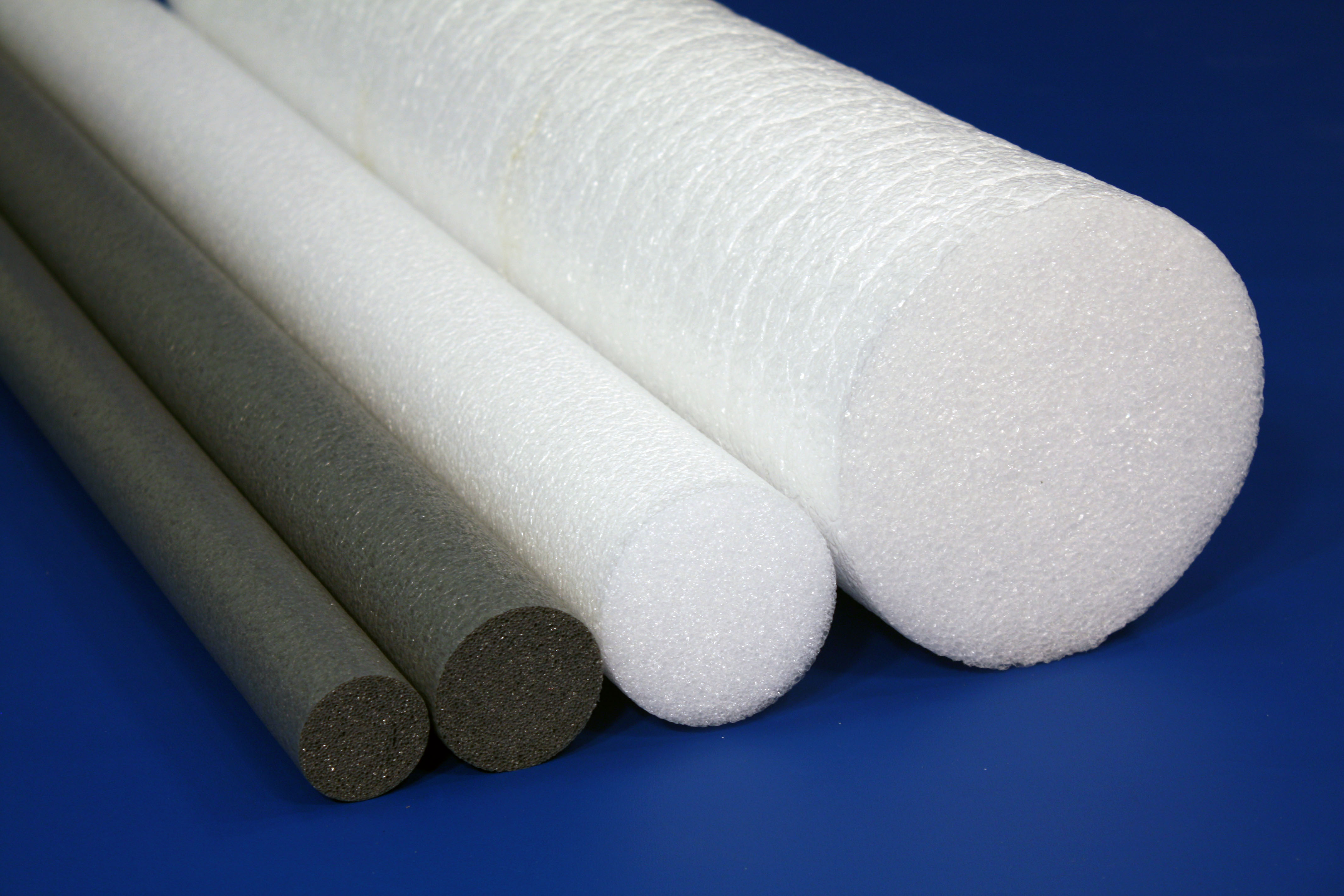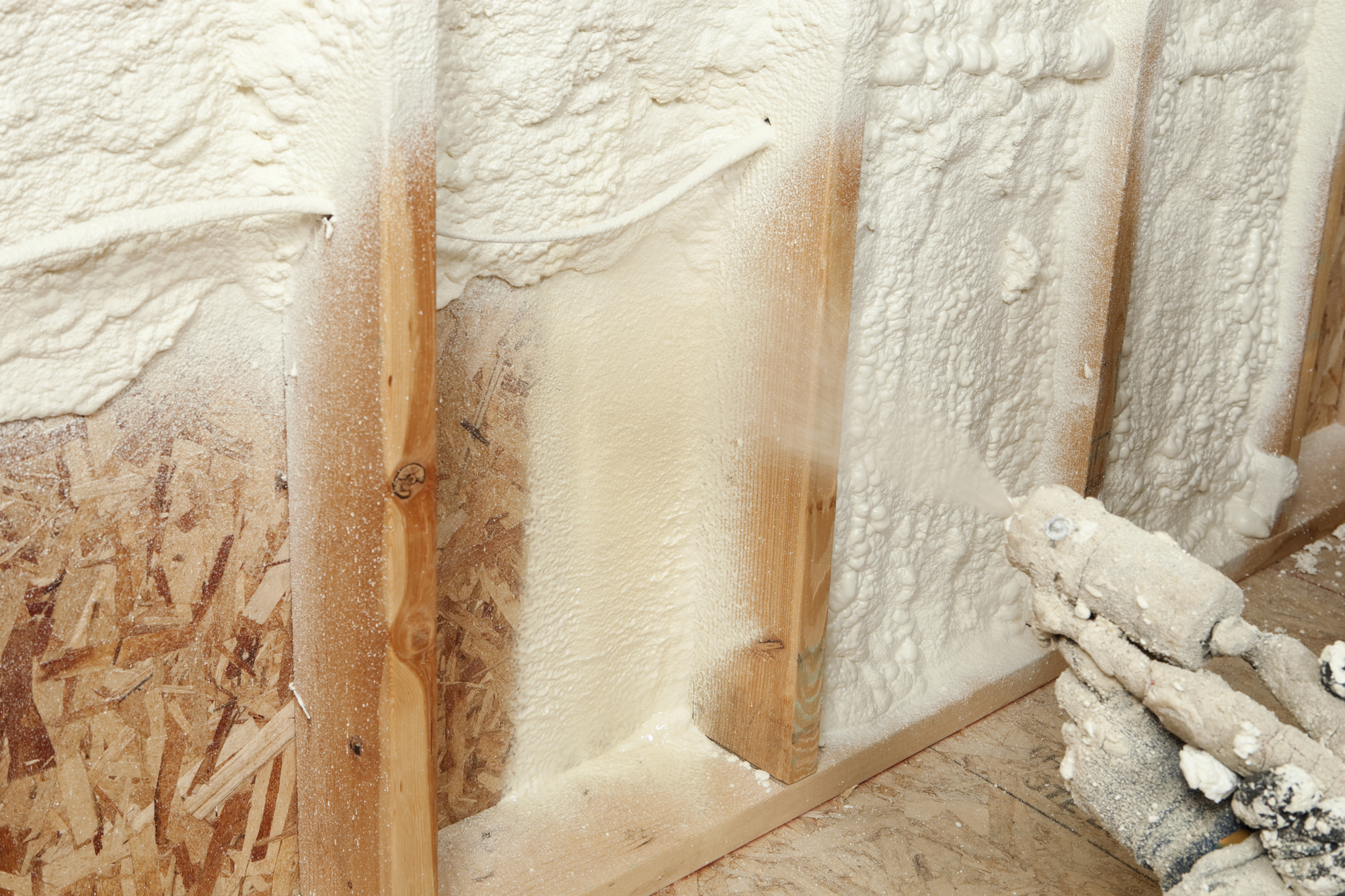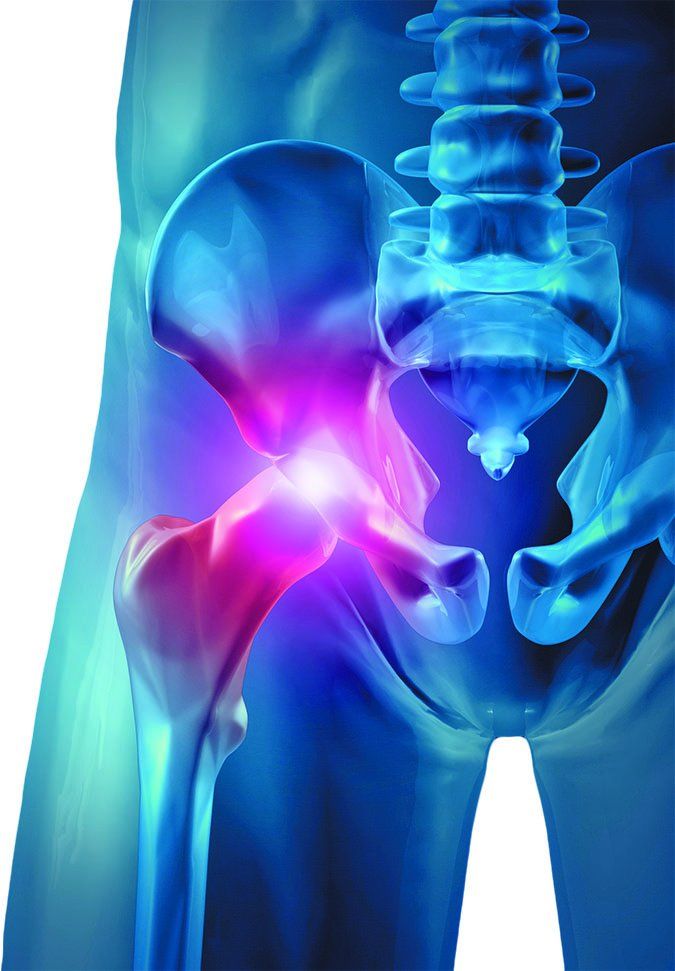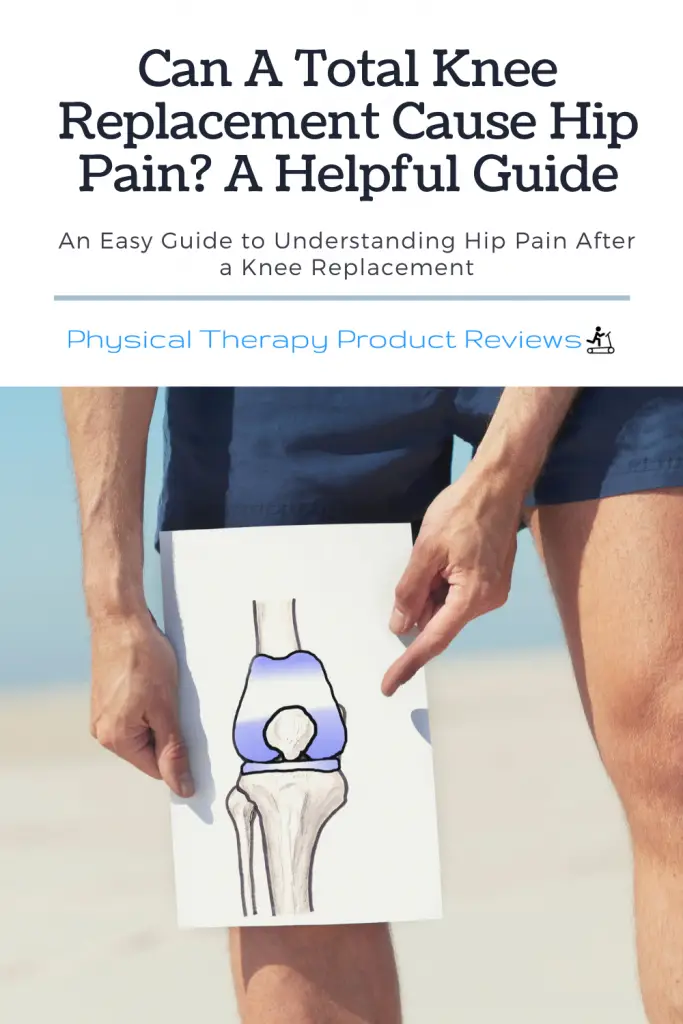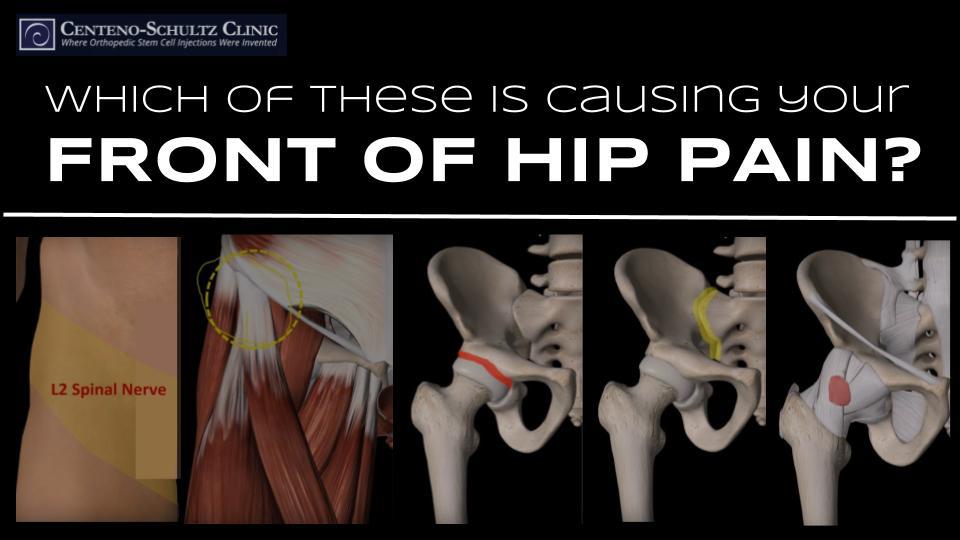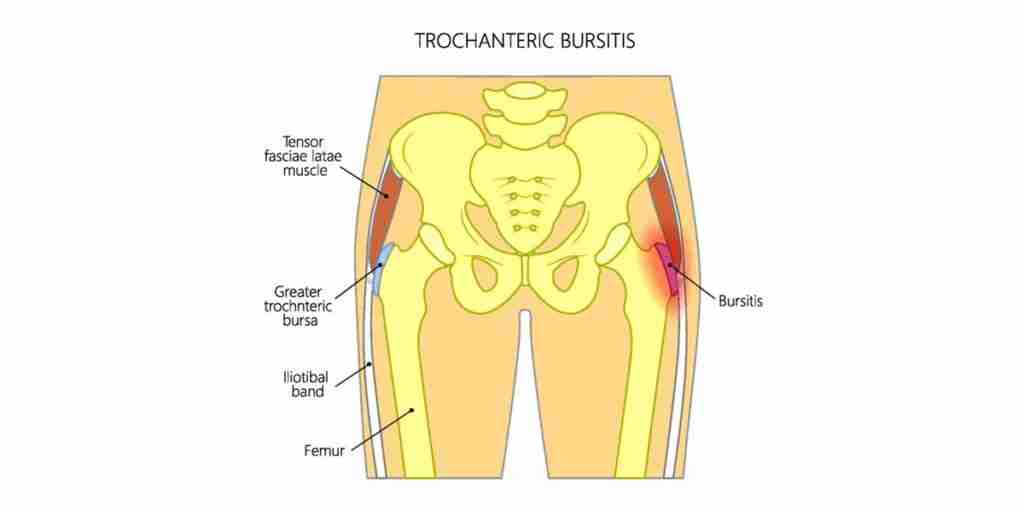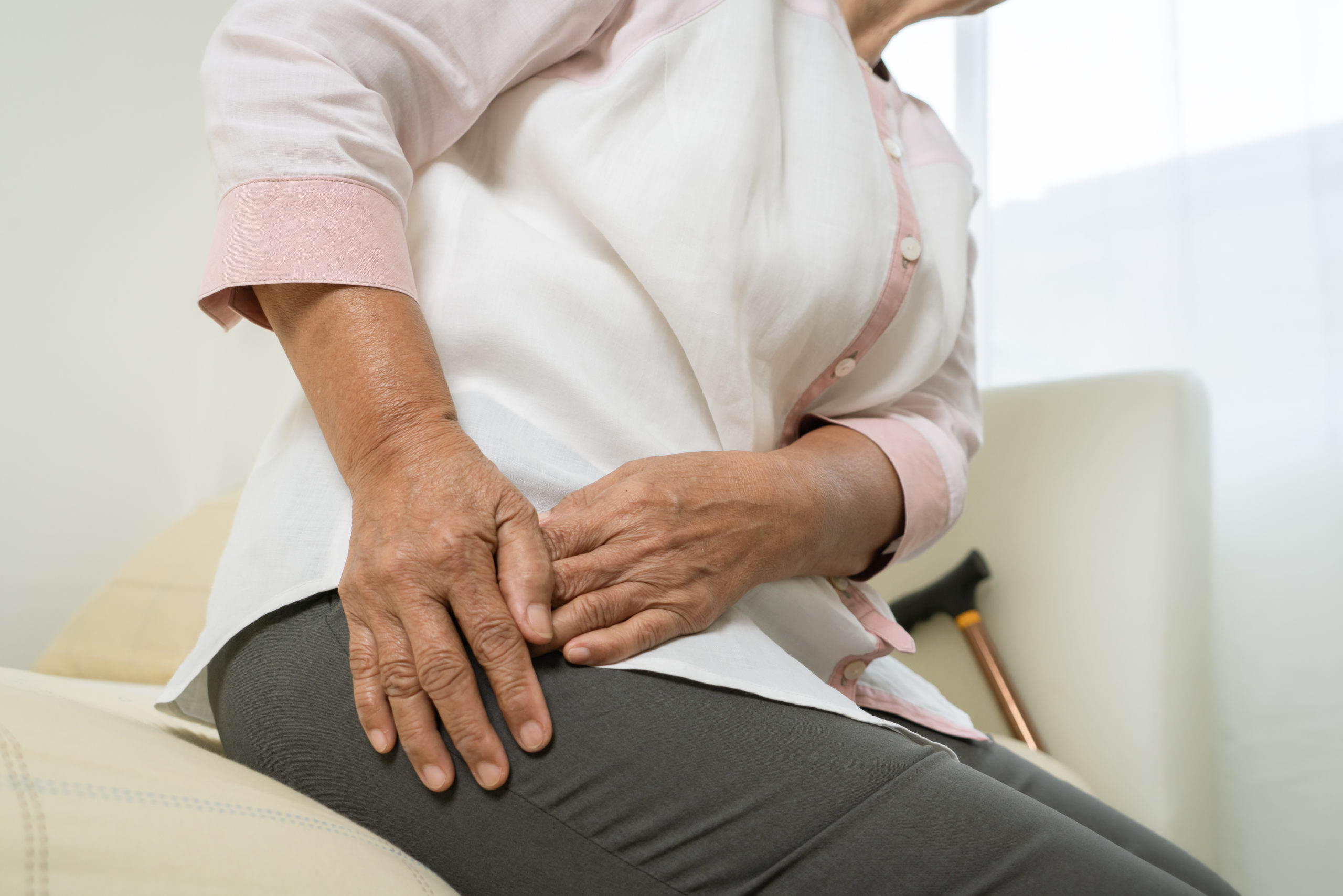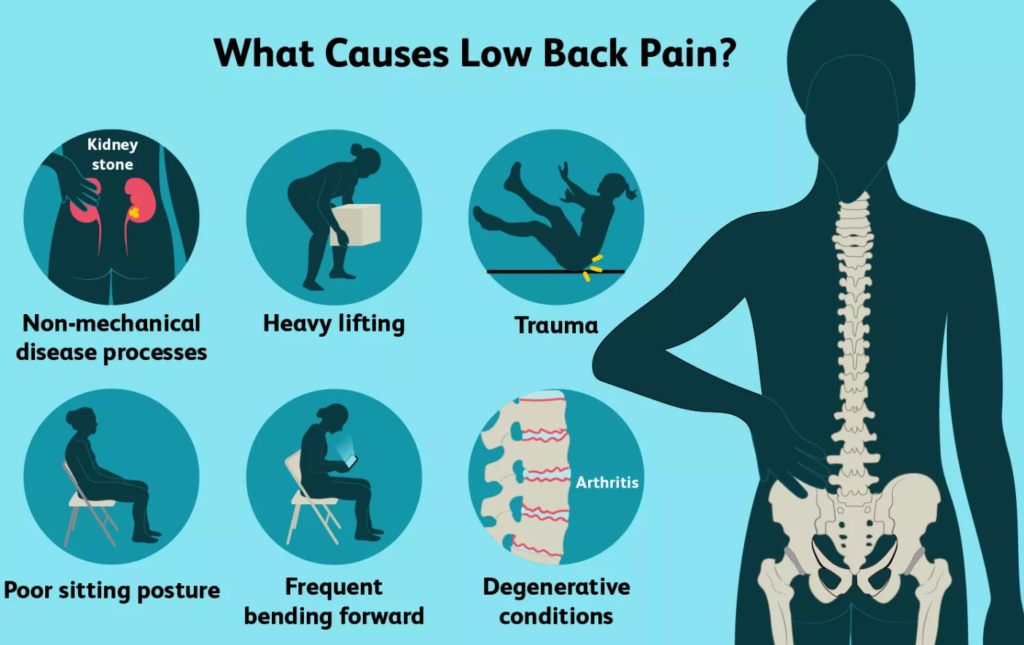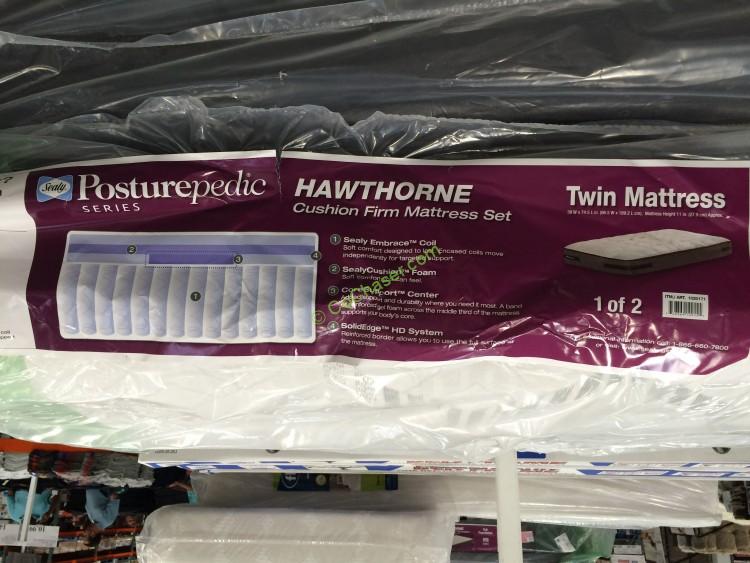A memory foam mattress is a type of mattress that is made from polyurethane foam, which is designed to contour to the shape of your body. This type of mattress was first developed by NASA in the 1960s to improve cushioning and support for astronauts during takeoff and landing. Today, memory foam mattresses are widely available and have become a popular choice for many people due to their ability to provide pressure relief and support for a comfortable night's sleep.1. What is a Memory Foam Mattress?
While memory foam mattresses are known for their comfort and support, they can also cause hip pain in some individuals. This is because memory foam is a dense material that conforms to the body's shape, which can put pressure on certain areas of the body, such as the hips. This can lead to discomfort and pain, especially for those who are sensitive to pressure points or have existing hip issues.2. How Can a Memory Foam Mattress Cause Hip Pain?
The main reason why a memory foam mattress may cause hip pain is due to its ability to contour to the body. While this can be beneficial for some, it can also lead to the sinking feeling that can put strain on the hips. Additionally, memory foam mattresses tend to retain heat, which can cause discomfort and exacerbate any existing hip pain. This is because heat can increase inflammation and stiffness, leading to more pain and discomfort in the hip area.3. The Link Between Memory Foam and Hip Pain
While anyone can experience hip pain from a memory foam mattress, there are certain individuals who may be more at risk. This includes those who have existing hip issues, such as arthritis or bursitis, as well as side sleepers who tend to put more pressure on their hips while sleeping. Additionally, those who are overweight or obese may also be at a higher risk of experiencing hip pain on a memory foam mattress due to the increased pressure on the hips.4. Who is at Risk for Hip Pain from a Memory Foam Mattress?
If you are experiencing hip pain on a memory foam mattress, there are some things you can do to help alleviate the discomfort. One tip is to try a firmer memory foam mattress, as this can provide more support and prevent sinking. Another option is to use a mattress topper made of a different material, such as latex or innerspring, to provide extra cushioning and support for the hips. Additionally, using a cooling mattress pad or adjusting the room temperature can help reduce heat retention and inflammation in the hip area.5. Tips for Reducing Hip Pain on a Memory Foam Mattress
If you are in the market for a new memory foam mattress and are concerned about potential hip pain, there are a few things you should look for. First, consider the density of the memory foam. A higher density foam can provide more support and prevent sinking, which can lead to hip pain. Additionally, look for a mattress with a cooling gel layer or a breathable cover to help regulate body temperature and reduce heat retention.6. How to Choose the Right Memory Foam Mattress for Hip Pain
Aside from choosing the right memory foam mattress, there are other factors that can help prevent hip pain while sleeping. One is to maintain a healthy weight, as excess weight can put more pressure on the hips and exacerbate any existing pain. It's also important to maintain good posture while sleeping, such as by using a supportive pillow for your neck and a pillow between your knees if you are a side sleeper. Finally, try to engage in regular exercise and stretching to keep your hips and muscles strong and flexible.7. Other Factors to Consider for Hip Pain Prevention
If you are experiencing persistent or severe hip pain from a memory foam mattress, it's important to seek medical advice. This is especially true if you have underlying hip issues or if the pain is affecting your daily activities. Your doctor may recommend physical therapy, medication, or other treatments to help alleviate the pain and discomfort.8. When to Seek Medical Advice
While memory foam mattresses may not be the best choice for everyone, they do have many benefits that make them a popular choice. These include their ability to provide pressure relief, support for proper spinal alignment, and motion isolation for those who share a bed with a partner. Additionally, memory foam mattresses are known for their durability and can last for many years with proper care.9. Other Benefits of Memory Foam Mattresses
While a memory foam mattress can cause hip pain in some individuals, it's important to remember that every body is different and what works for one person may not work for another. By understanding the potential causes of hip pain on a memory foam mattress and taking steps to prevent it, such as choosing the right mattress and maintaining good sleep habits, you can find the right balance for a comfortable and pain-free night's sleep.10. Conclusion: Finding the Right Balance for a Comfortable Night's Sleep
How Memory Foam Mattresses Can Contribute to Hip Pain
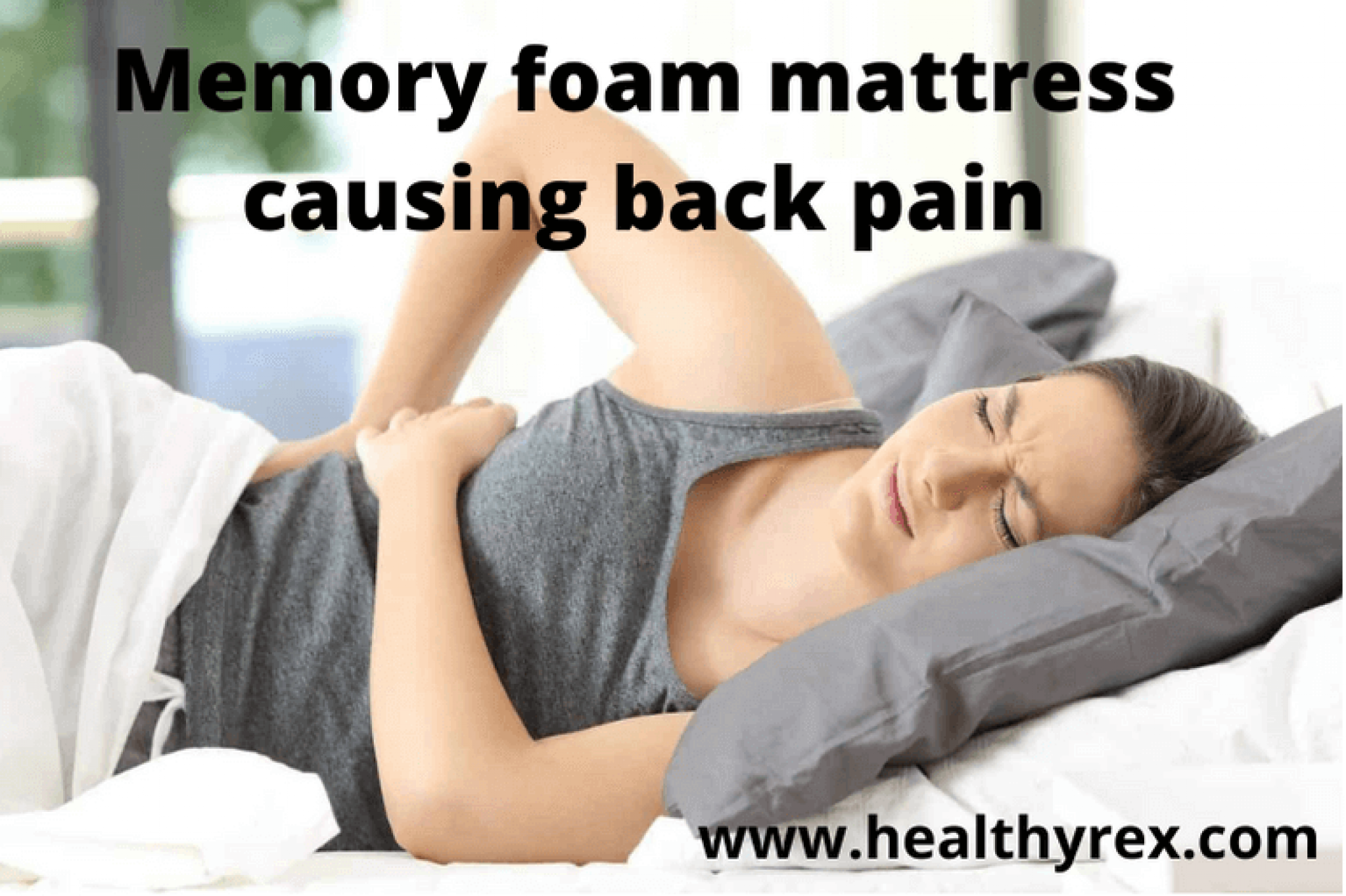
The Role of Mattress Firmness and Support
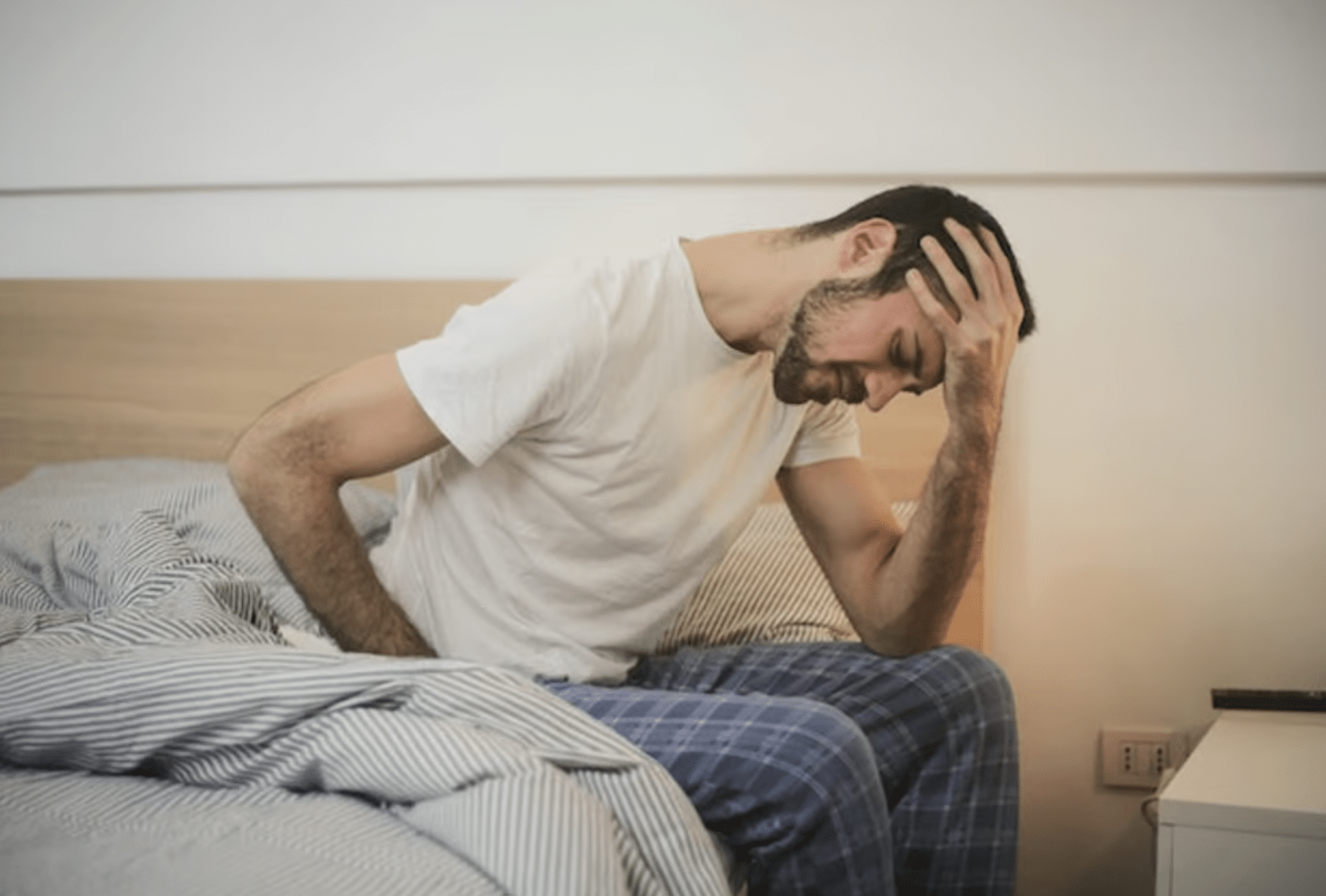 When it comes to choosing a mattress, many factors come into play. However, one of the most important considerations is firmness and support. While memory foam mattresses are known for their pressure-relieving qualities, they are not always the best option for those with hip pain. Memory foam mattresses tend to conform to the body's shape, which can lead to a sinking sensation and lack of proper support for the hips. This can cause discomfort and pain, especially for side sleepers who may experience increased pressure on their hips due to their body's weight distribution.
When it comes to choosing a mattress, many factors come into play. However, one of the most important considerations is firmness and support. While memory foam mattresses are known for their pressure-relieving qualities, they are not always the best option for those with hip pain. Memory foam mattresses tend to conform to the body's shape, which can lead to a sinking sensation and lack of proper support for the hips. This can cause discomfort and pain, especially for side sleepers who may experience increased pressure on their hips due to their body's weight distribution.
The Impact of Sleeping Position
 Another factor to consider is the individual's sleeping position. For those who sleep on their side, it is essential to have a mattress that can provide proper support for the hips and shoulders. As mentioned earlier, memory foam mattresses may not offer enough support, causing the body to sink and putting additional pressure on the hips. This can lead to discomfort and pain, especially for those who already suffer from hip issues.
Another factor to consider is the individual's sleeping position. For those who sleep on their side, it is essential to have a mattress that can provide proper support for the hips and shoulders. As mentioned earlier, memory foam mattresses may not offer enough support, causing the body to sink and putting additional pressure on the hips. This can lead to discomfort and pain, especially for those who already suffer from hip issues.
The Importance of Proper Spinal Alignment
 In addition to firmness and support, the alignment of the spine is crucial for a good night's sleep and overall health. When the spine is not properly aligned, it can cause various issues, including back and hip pain. Memory foam mattresses often conform to the body's shape, which can disrupt the natural alignment of the spine, leading to discomfort and pain in the hips. This is especially true for those who have preexisting hip conditions, as the added pressure and lack of support can exacerbate their symptoms.
In addition to firmness and support, the alignment of the spine is crucial for a good night's sleep and overall health. When the spine is not properly aligned, it can cause various issues, including back and hip pain. Memory foam mattresses often conform to the body's shape, which can disrupt the natural alignment of the spine, leading to discomfort and pain in the hips. This is especially true for those who have preexisting hip conditions, as the added pressure and lack of support can exacerbate their symptoms.
Is Memory Foam the Right Choice for You?
 While memory foam mattresses can be a great option for some individuals, they may not be the best choice for those with hip pain. It is essential to consider your specific needs and preferences when selecting a mattress. If you suffer from hip pain, it may be beneficial to consult with a doctor or physical therapist to determine the best type of mattress for your body. Additionally, trying out different mattresses and considering factors such as firmness, support, and sleeping position can help you find the right fit for a comfortable and pain-free night's sleep.
While memory foam mattresses can be a great option for some individuals, they may not be the best choice for those with hip pain. It is essential to consider your specific needs and preferences when selecting a mattress. If you suffer from hip pain, it may be beneficial to consult with a doctor or physical therapist to determine the best type of mattress for your body. Additionally, trying out different mattresses and considering factors such as firmness, support, and sleeping position can help you find the right fit for a comfortable and pain-free night's sleep.

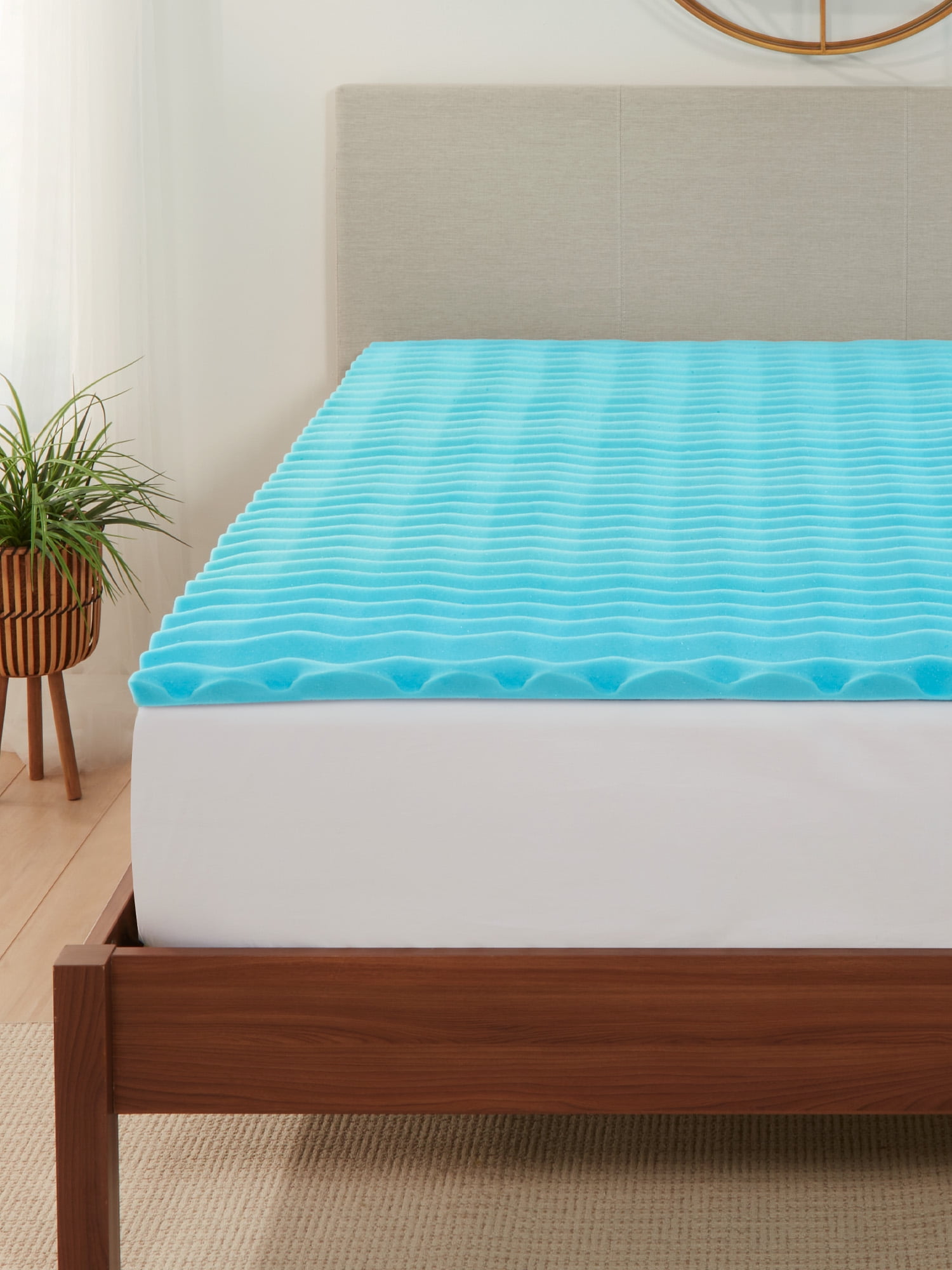
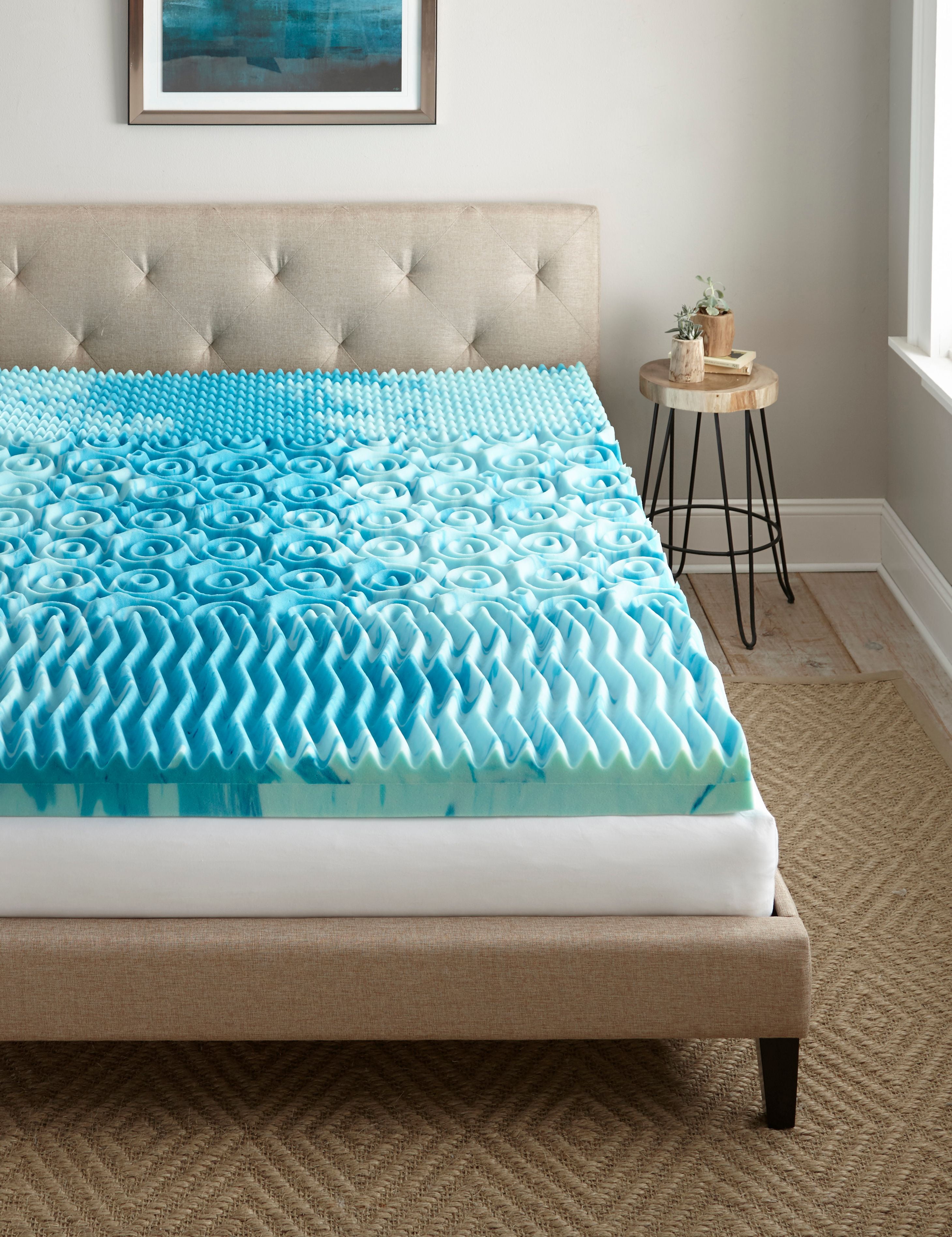







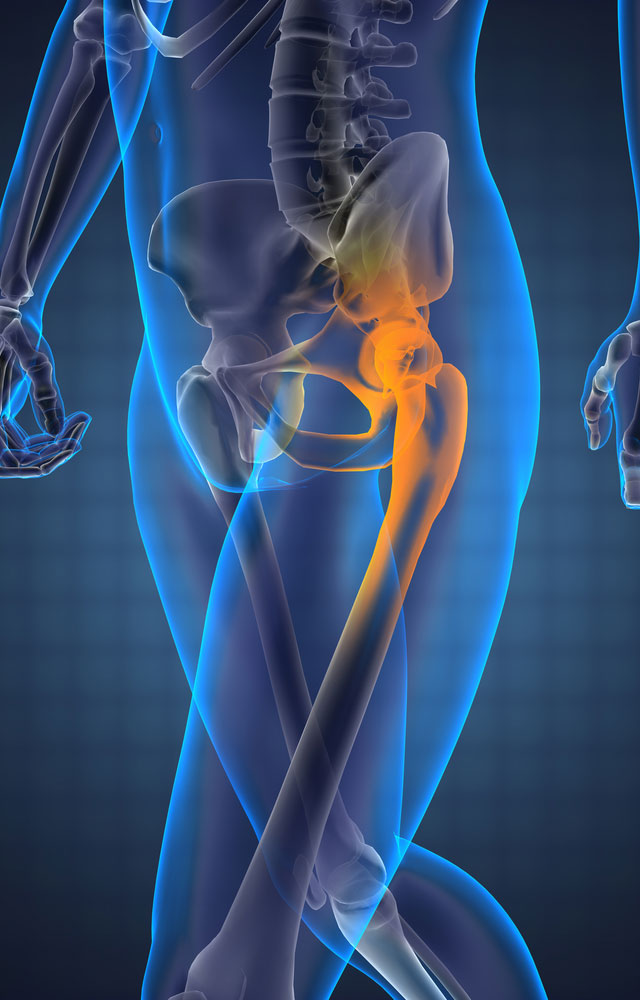
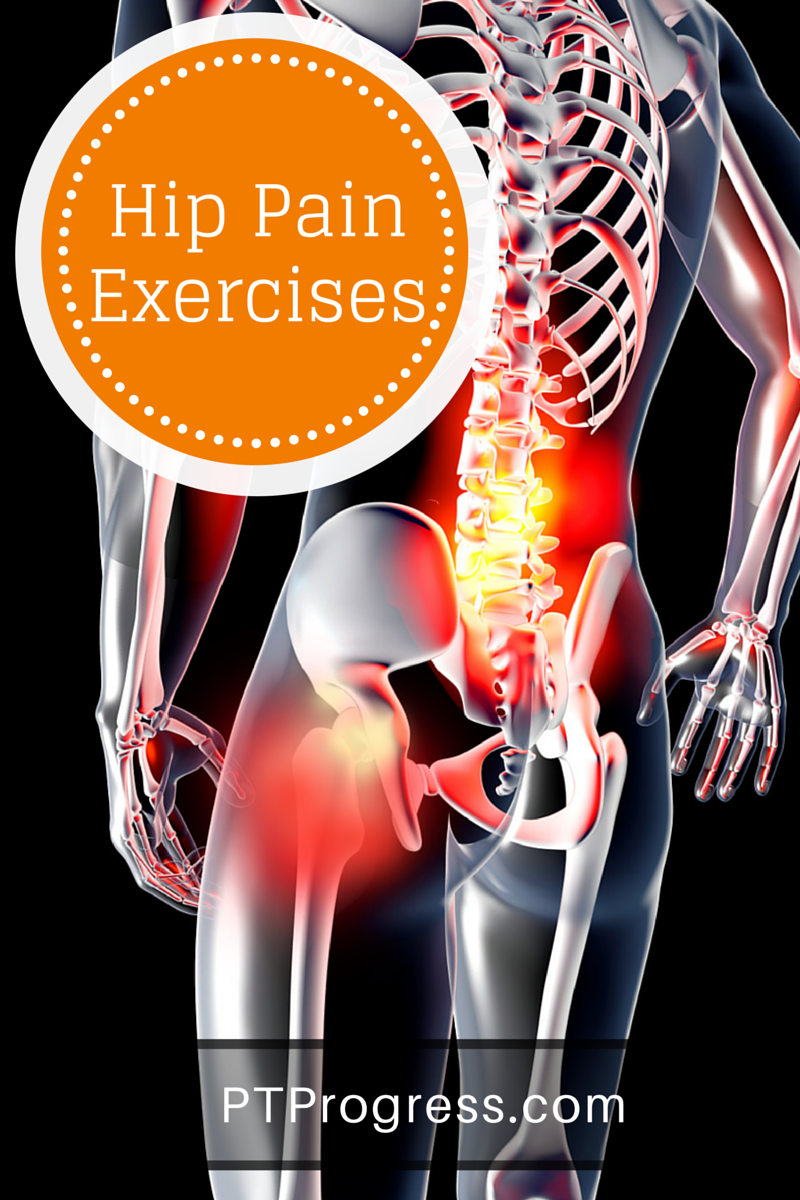
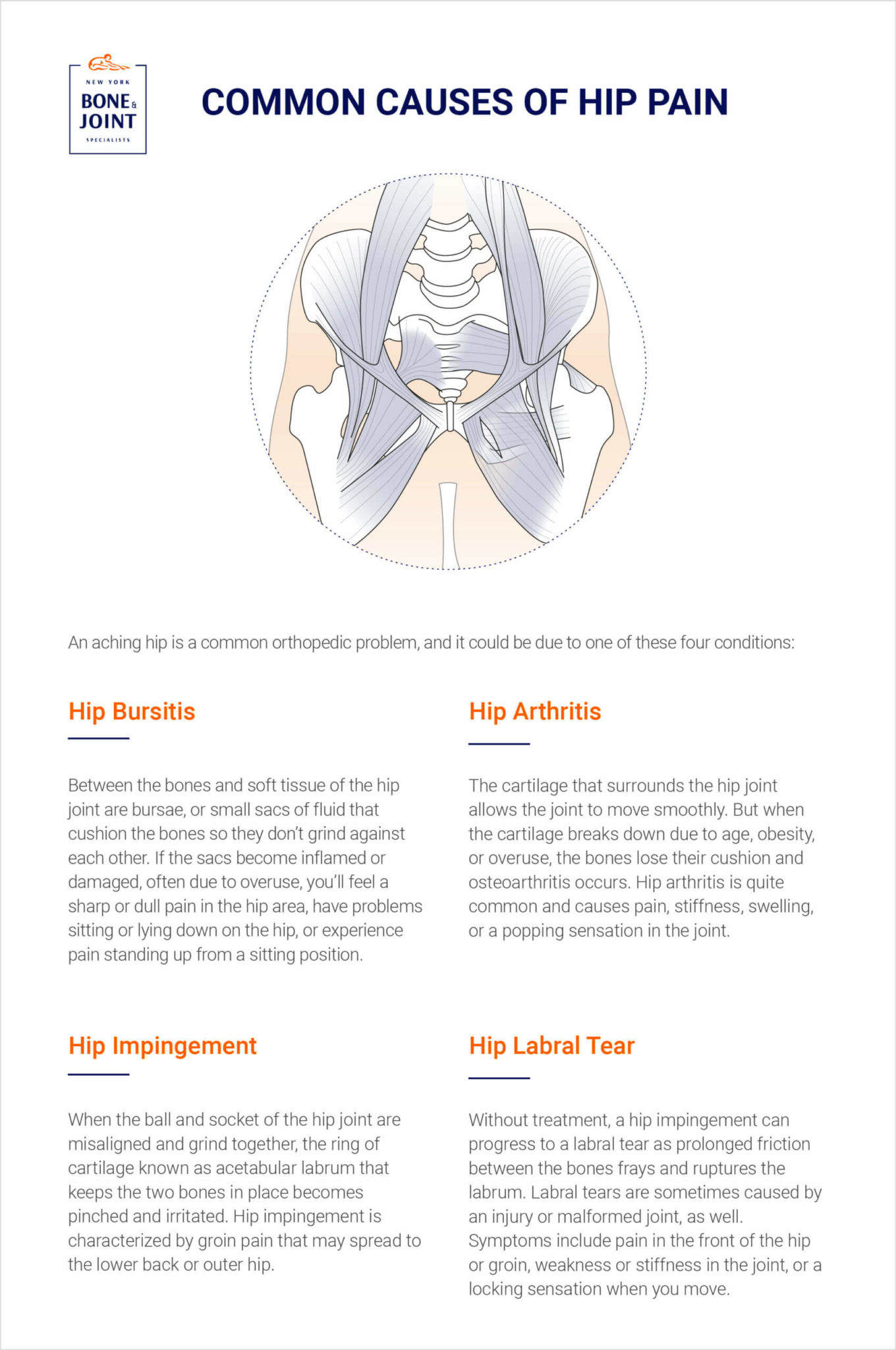

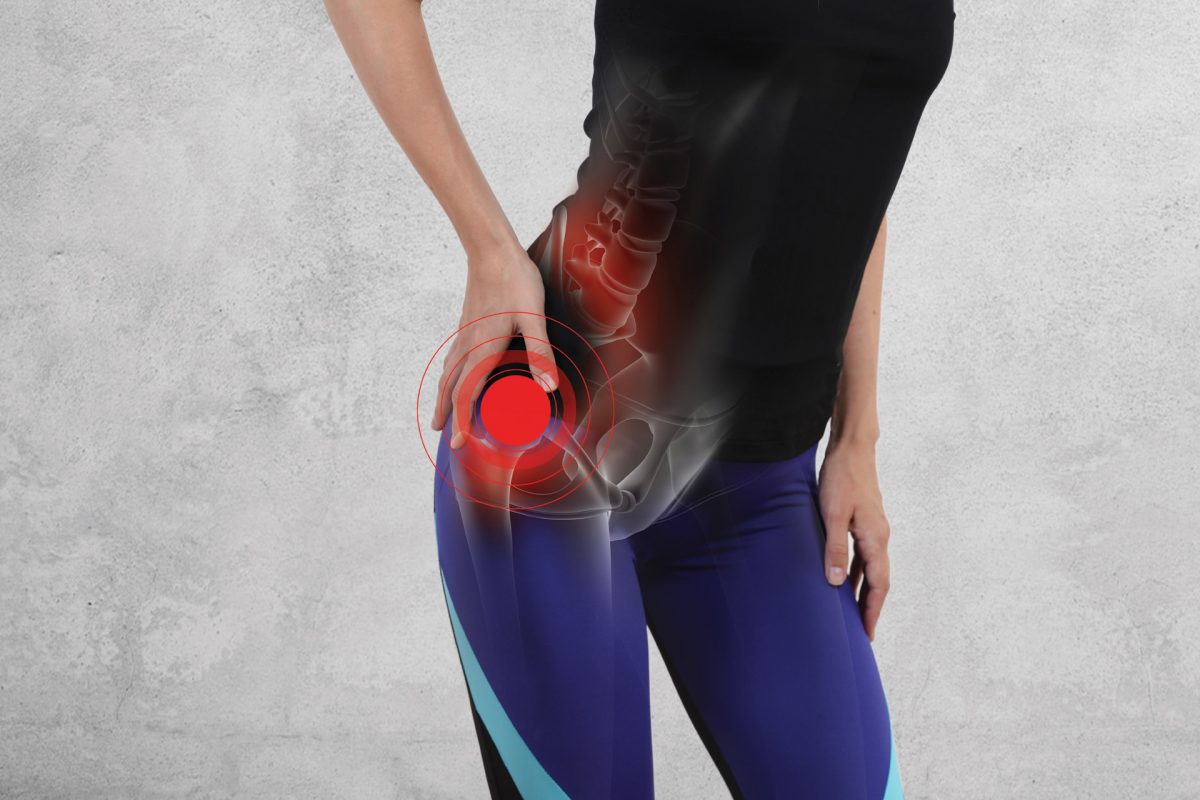
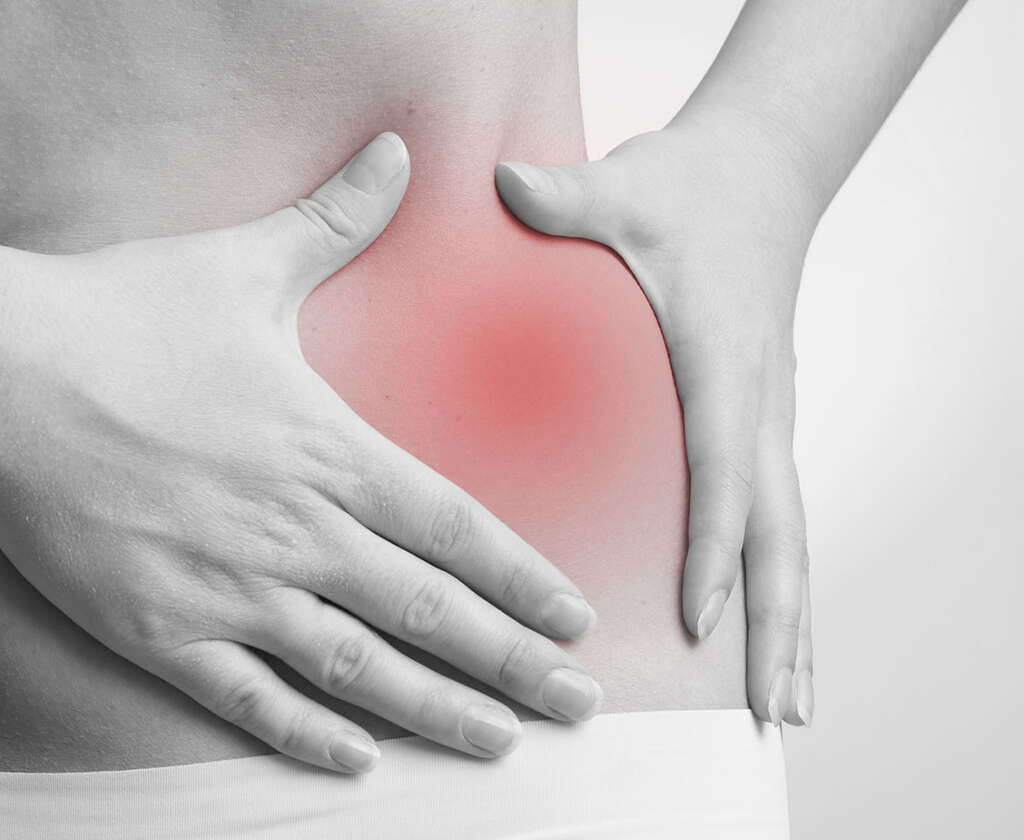
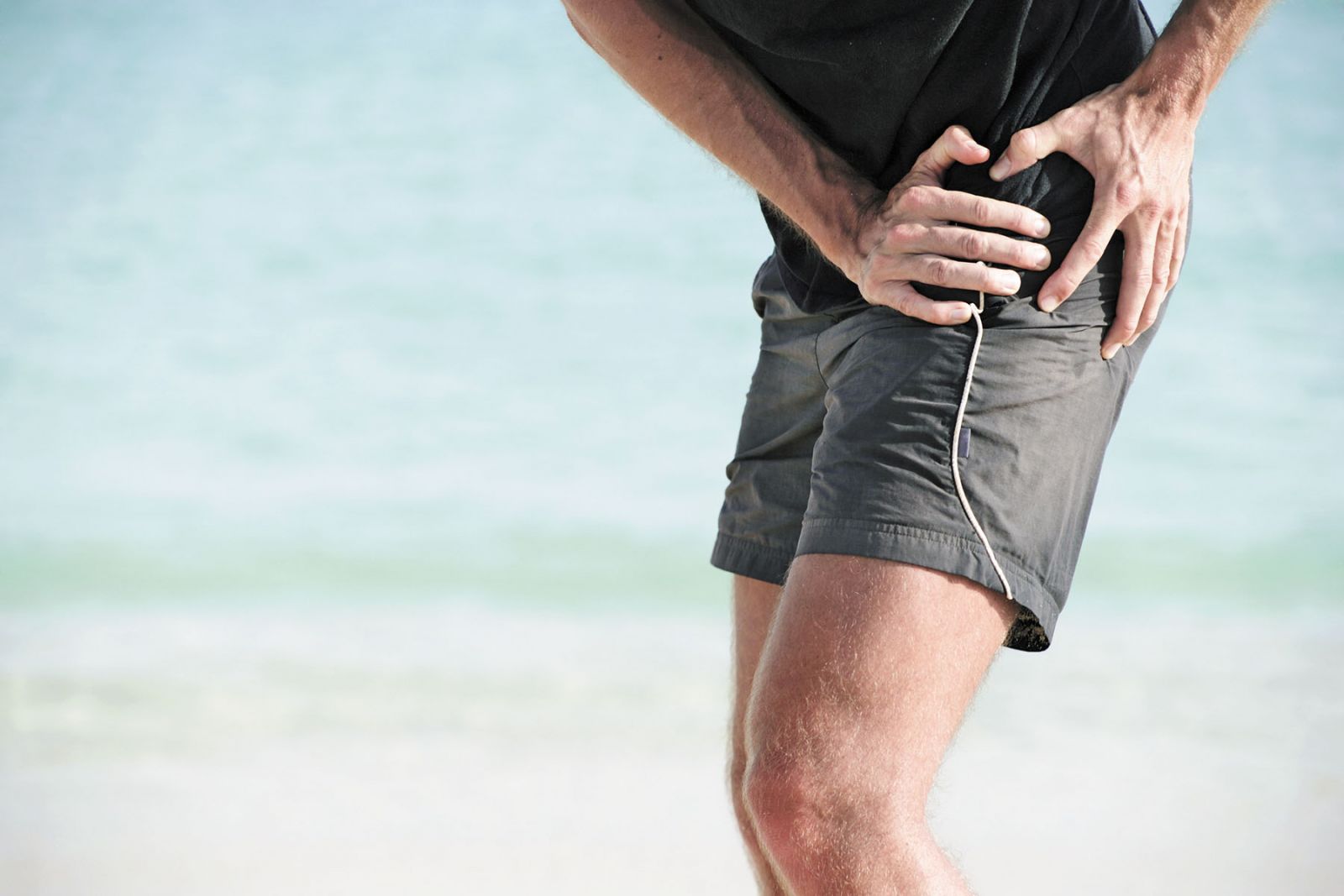

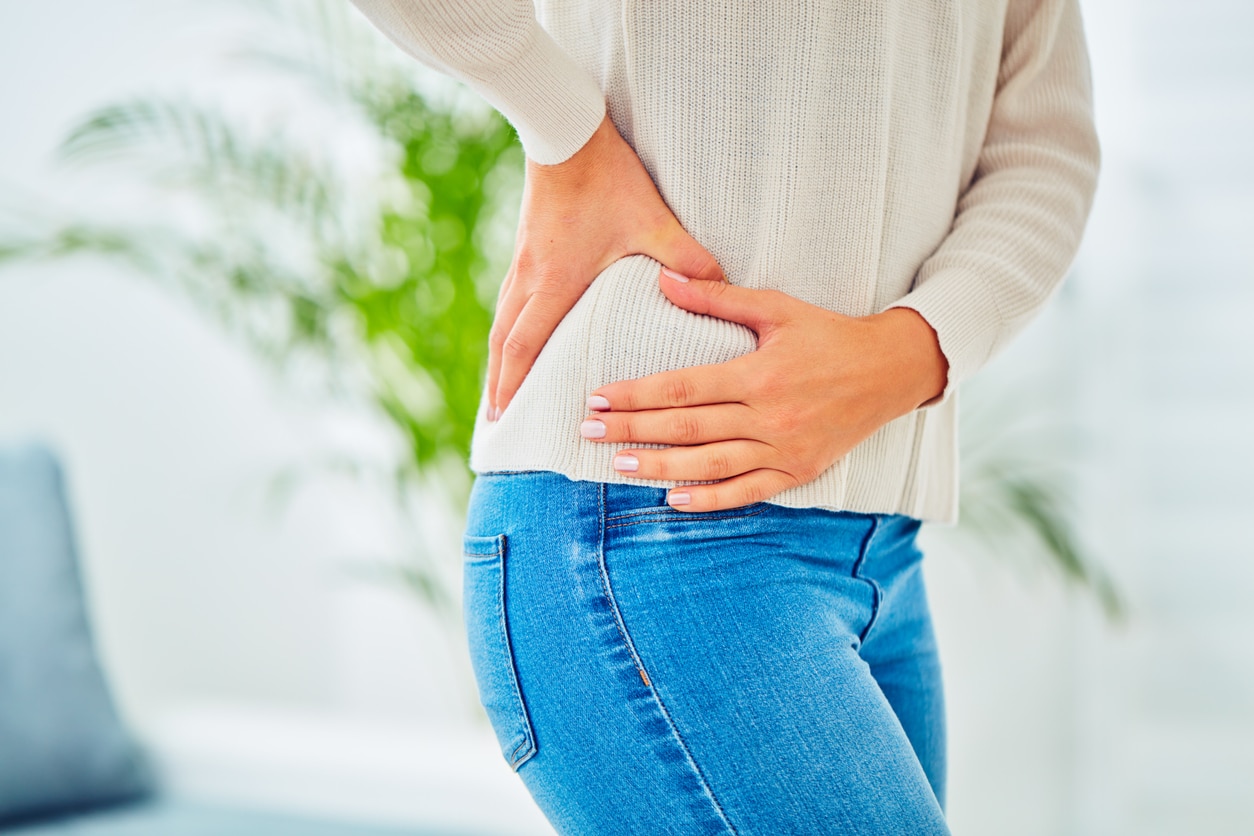
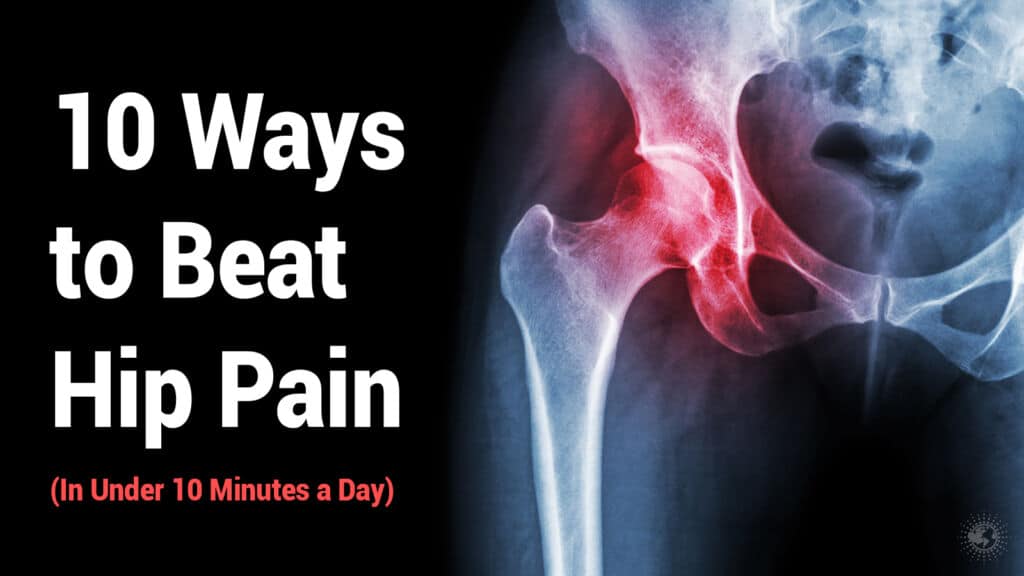
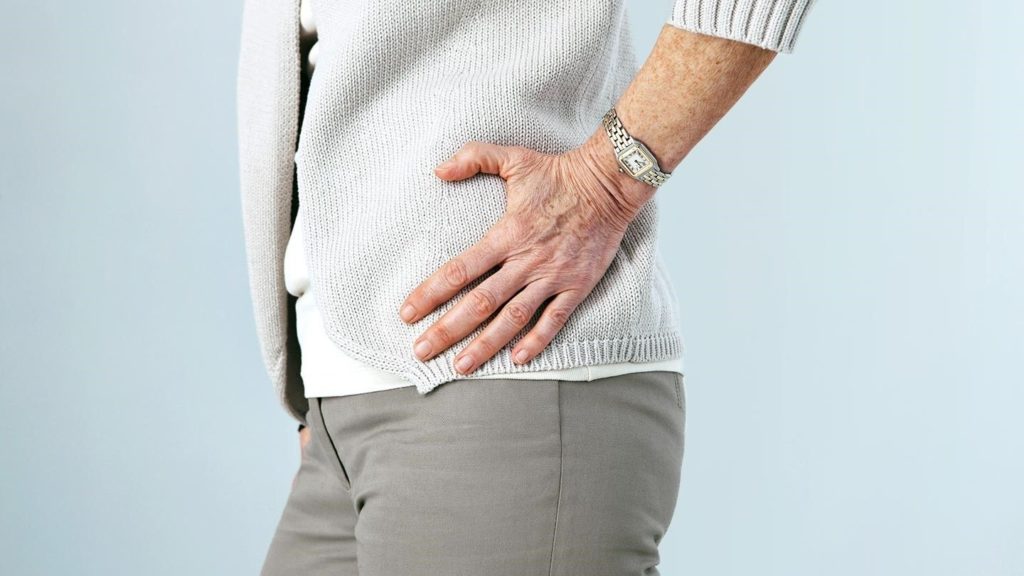
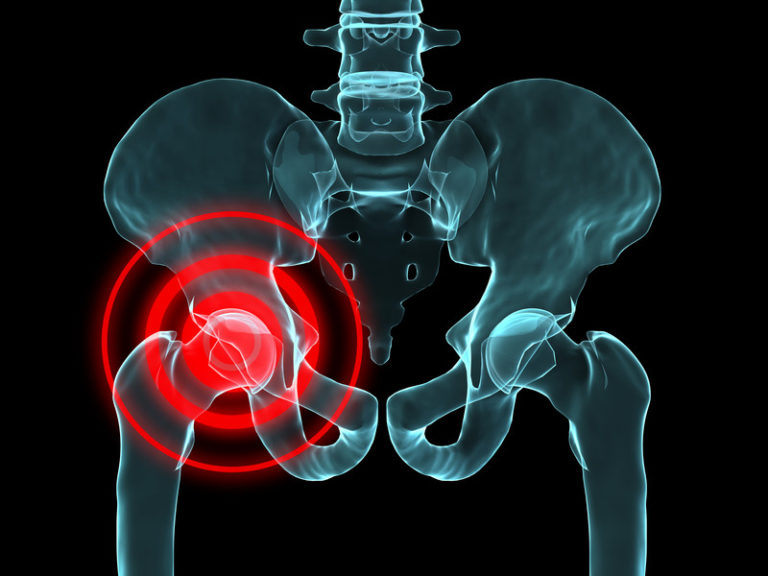
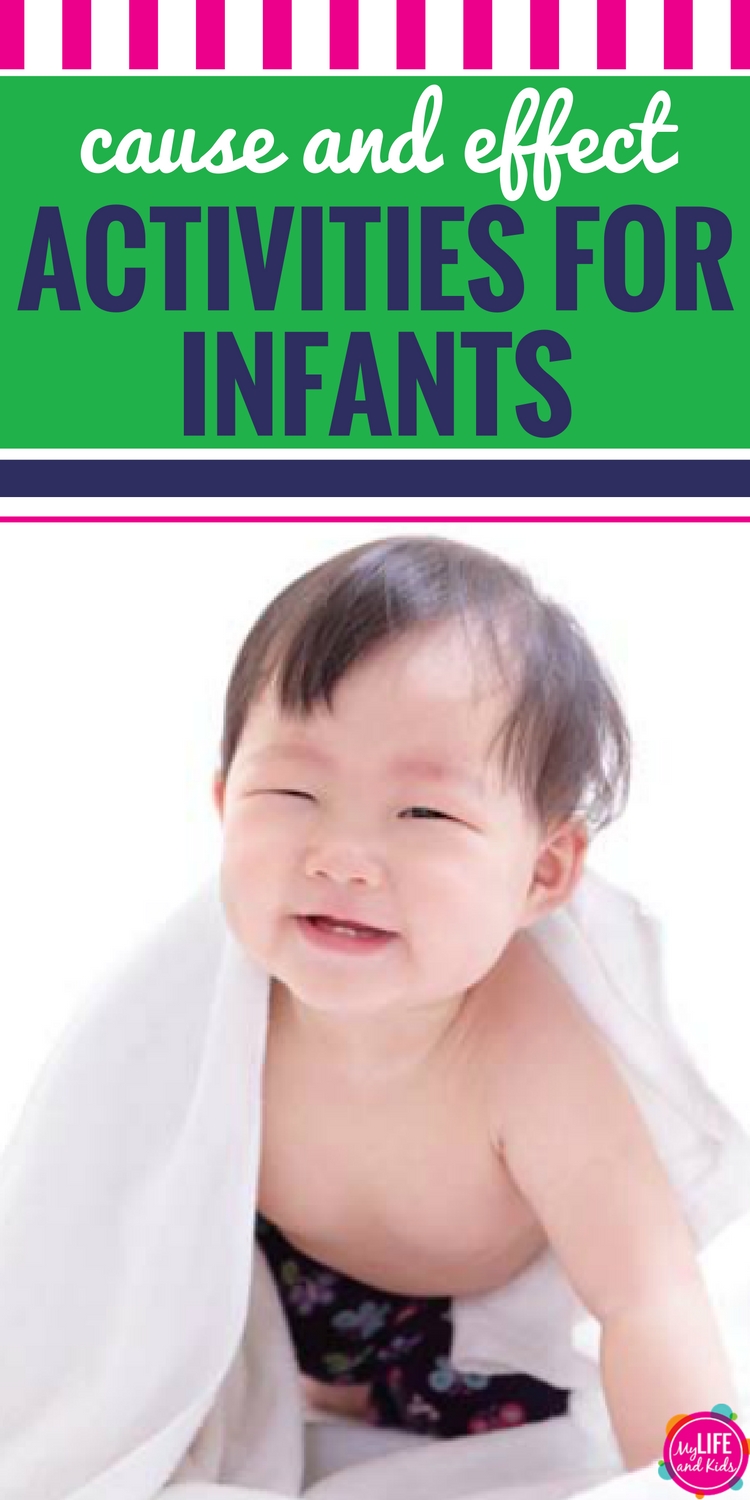




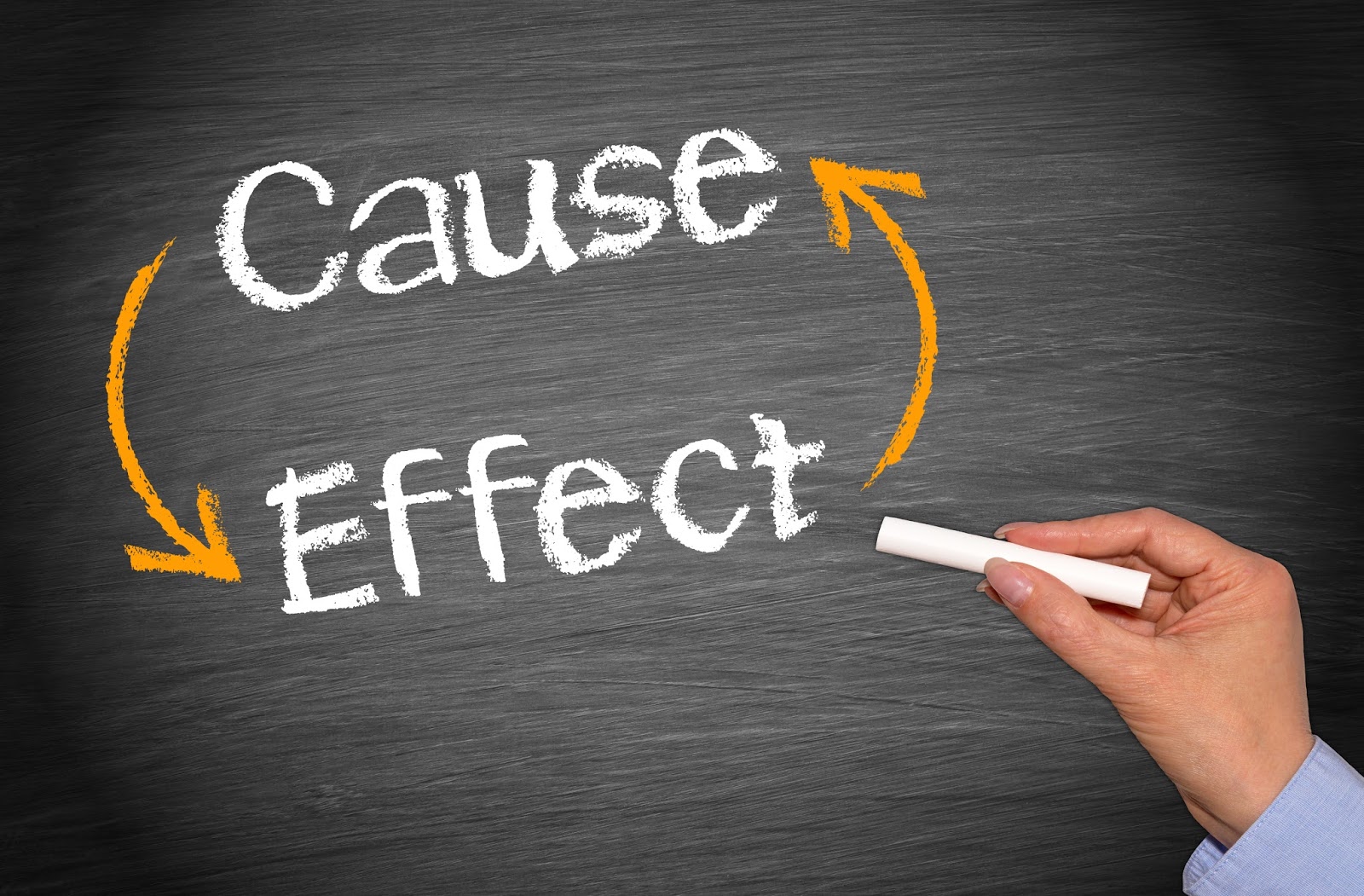

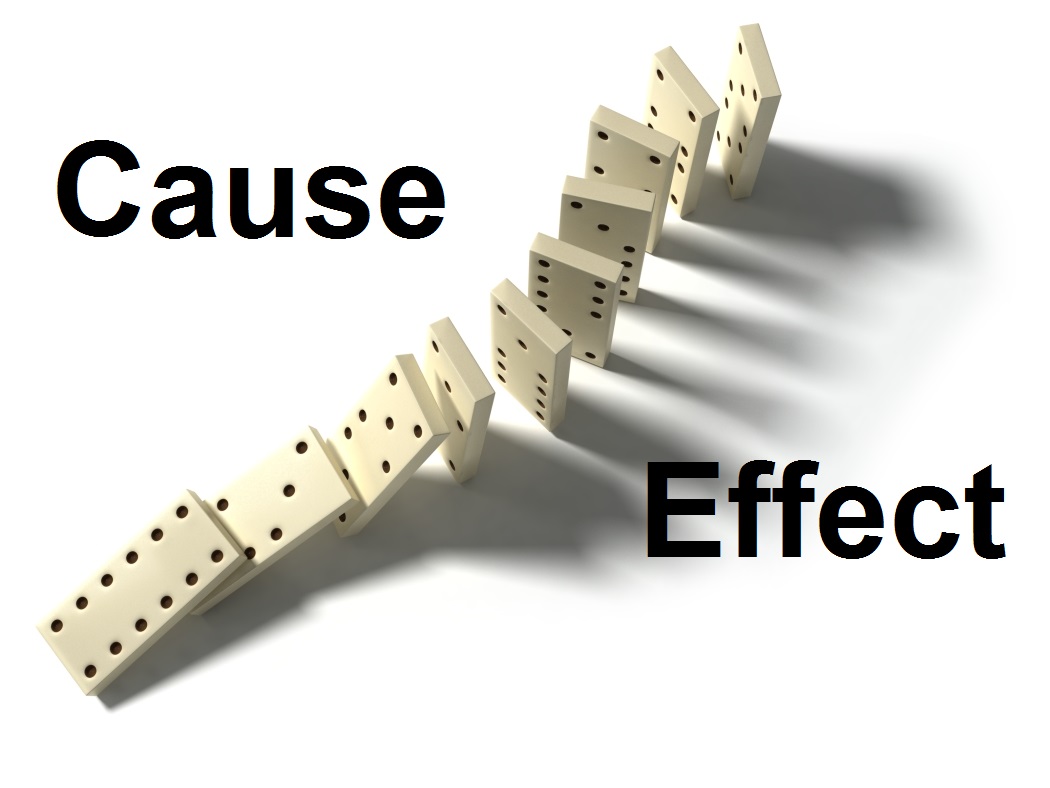

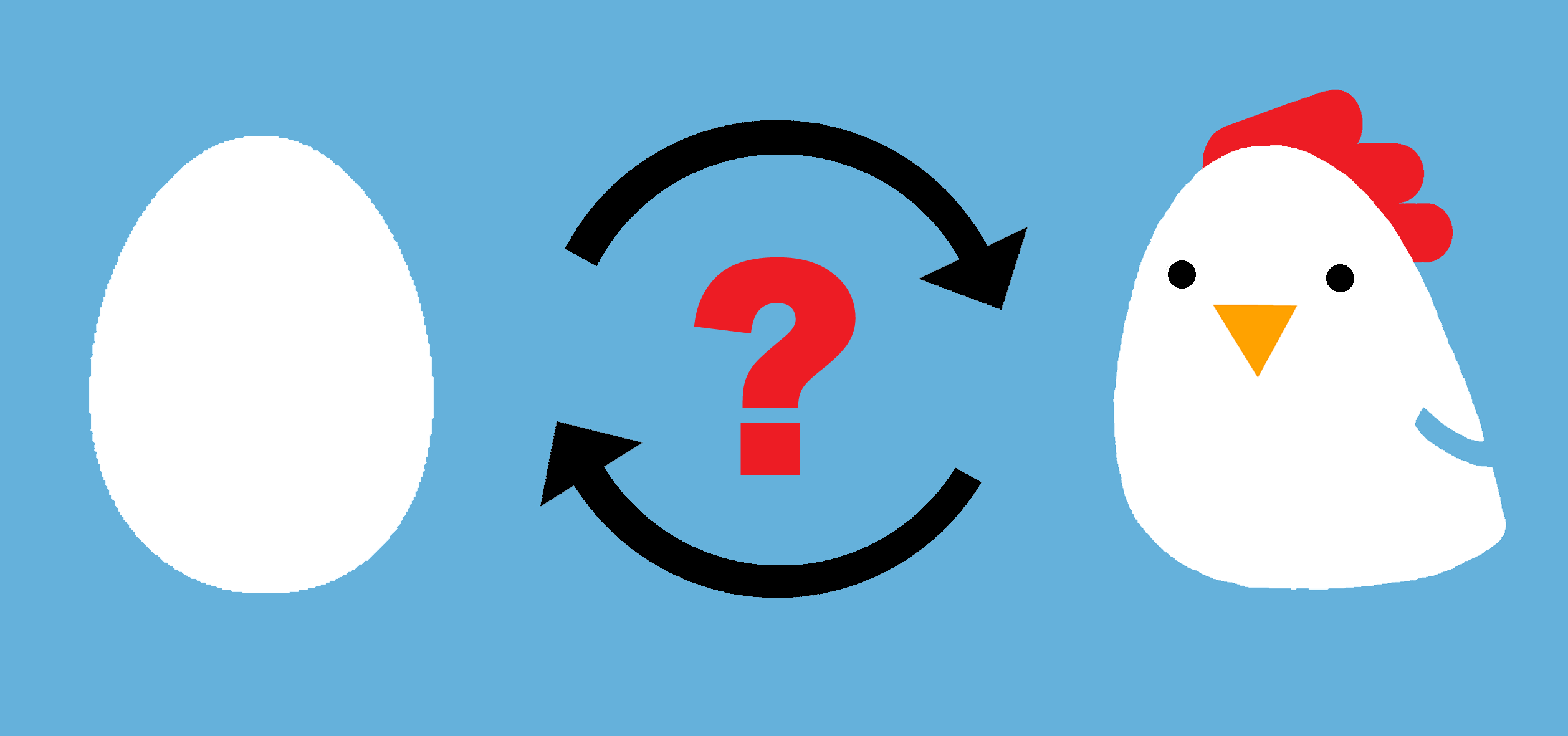

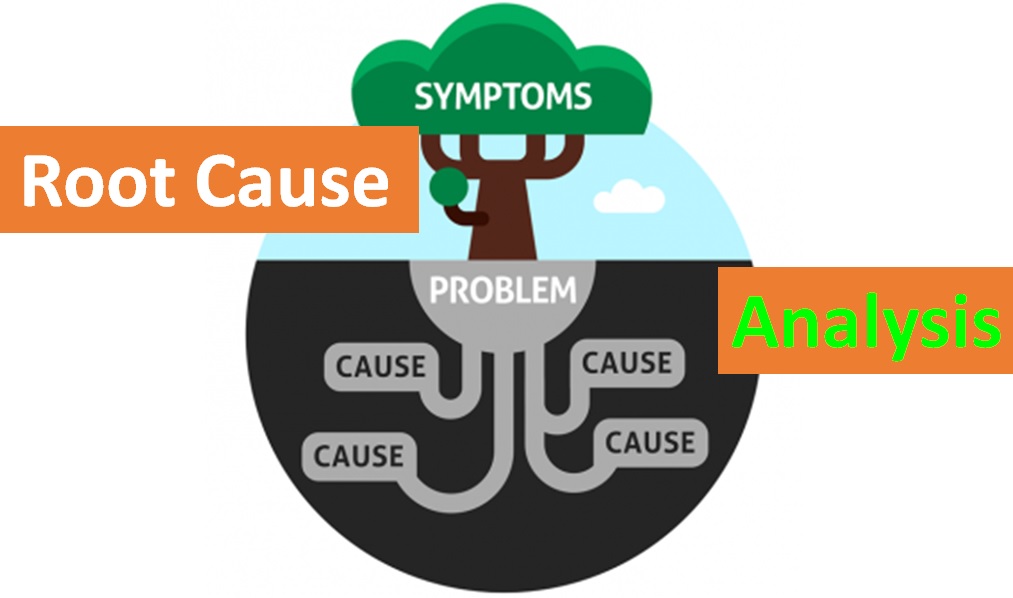
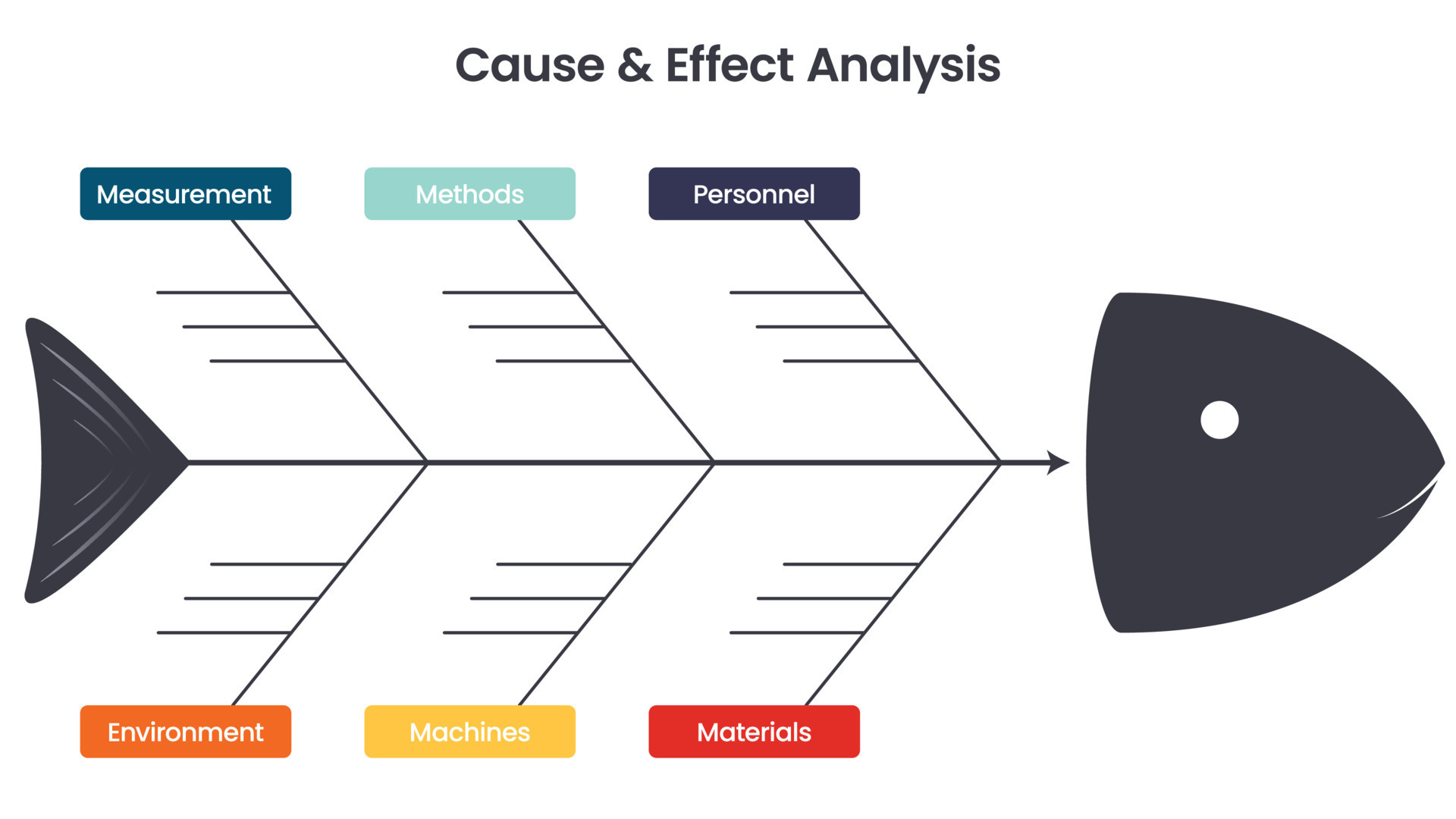
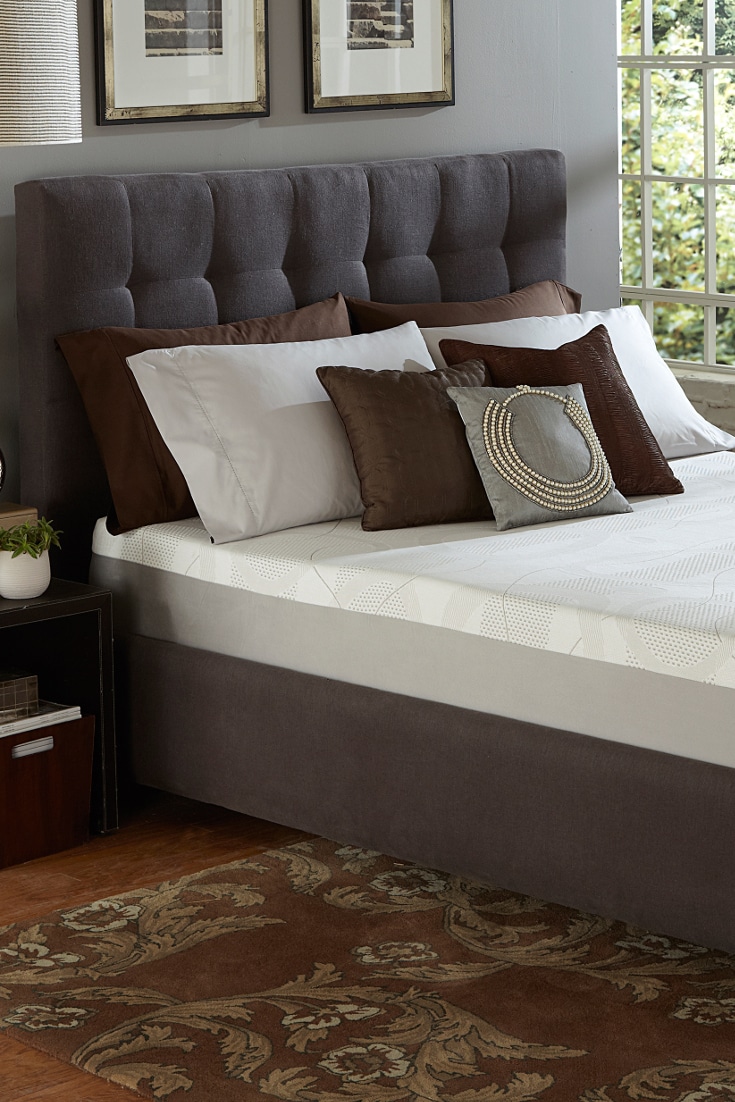





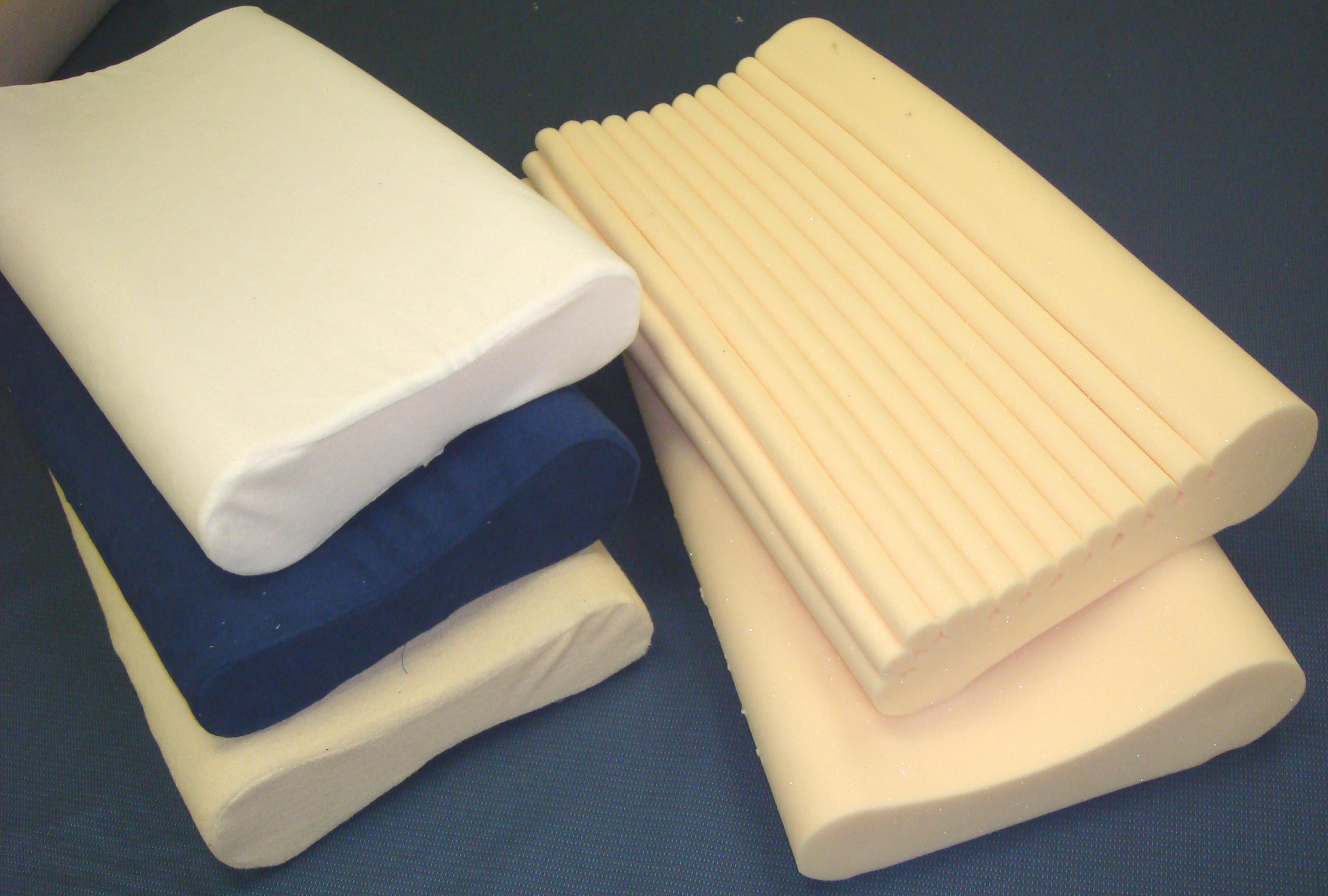
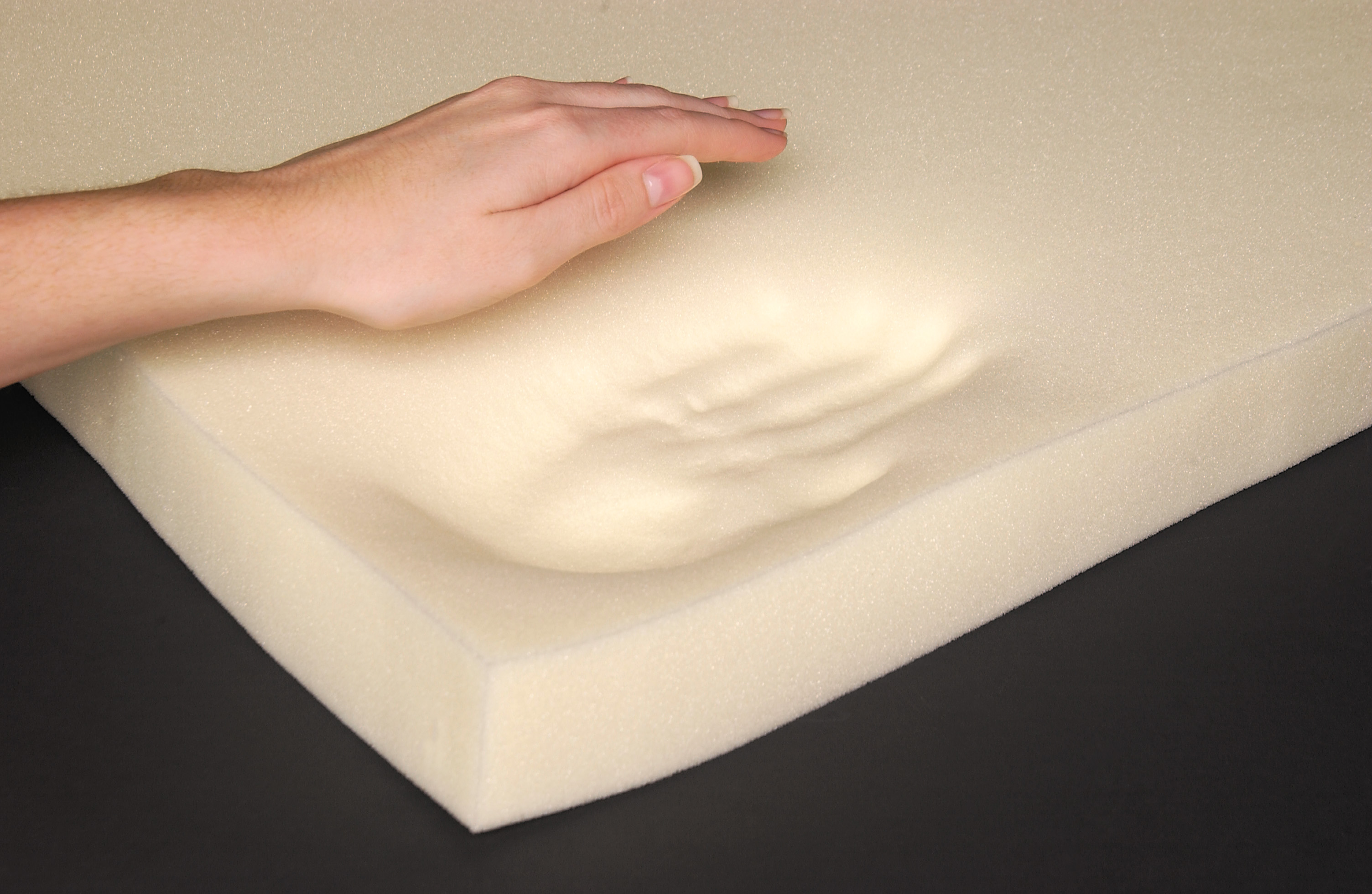
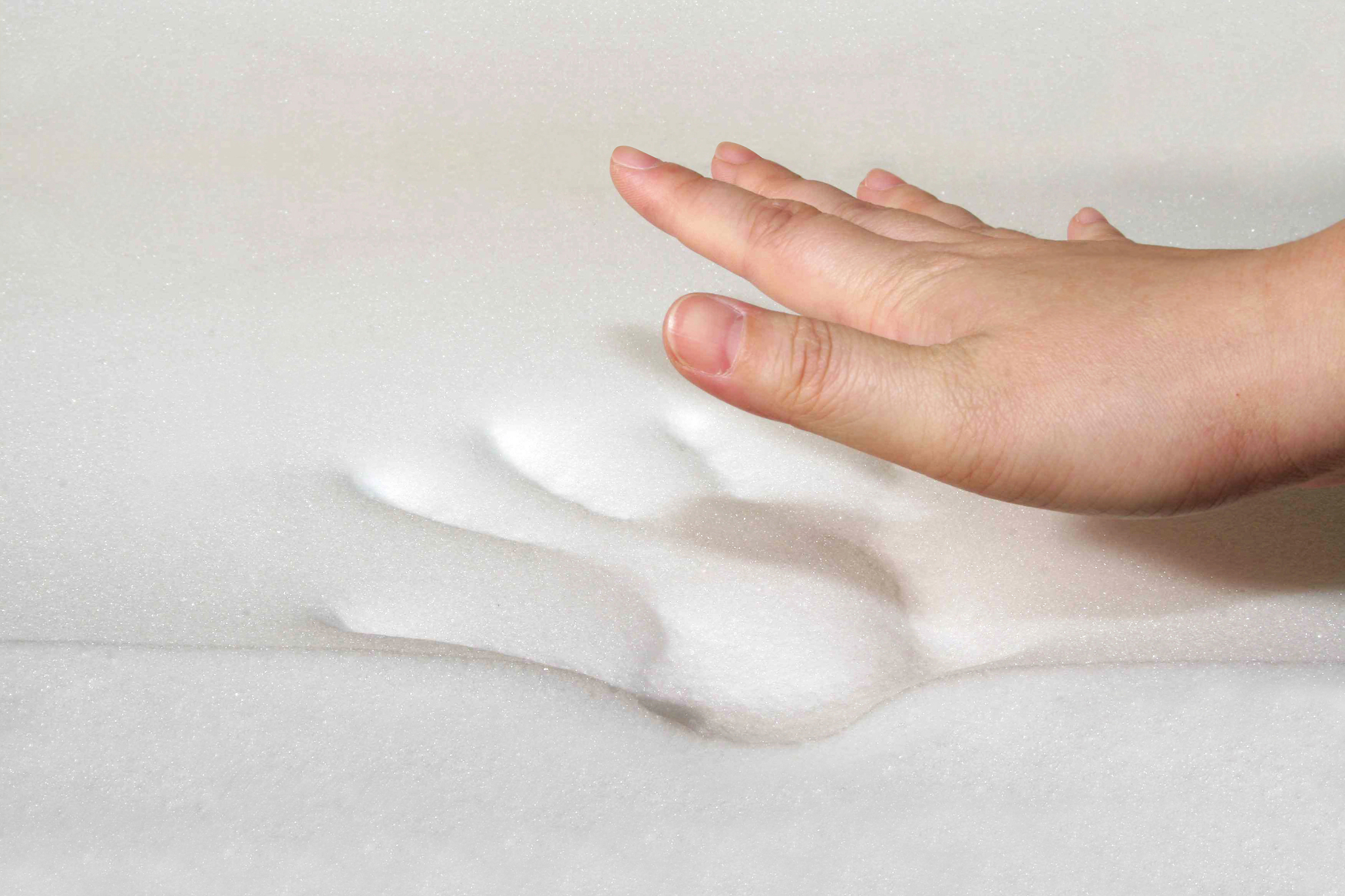
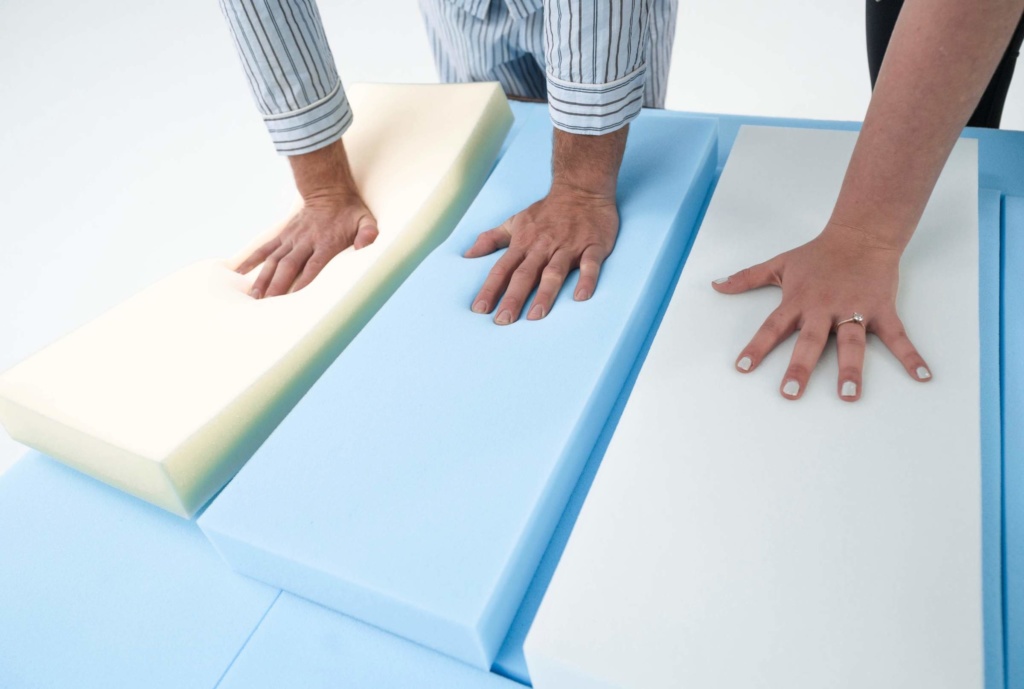



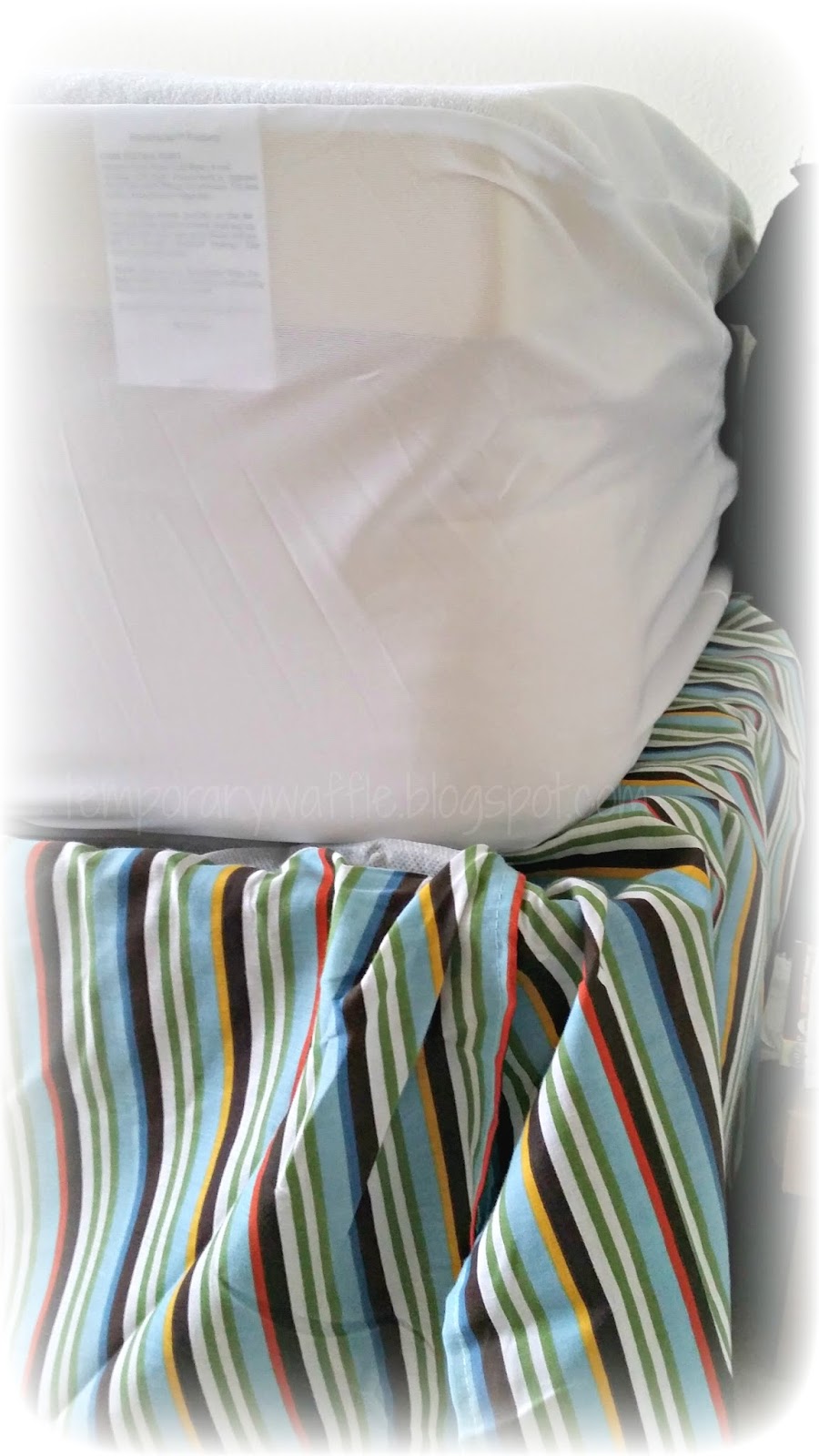

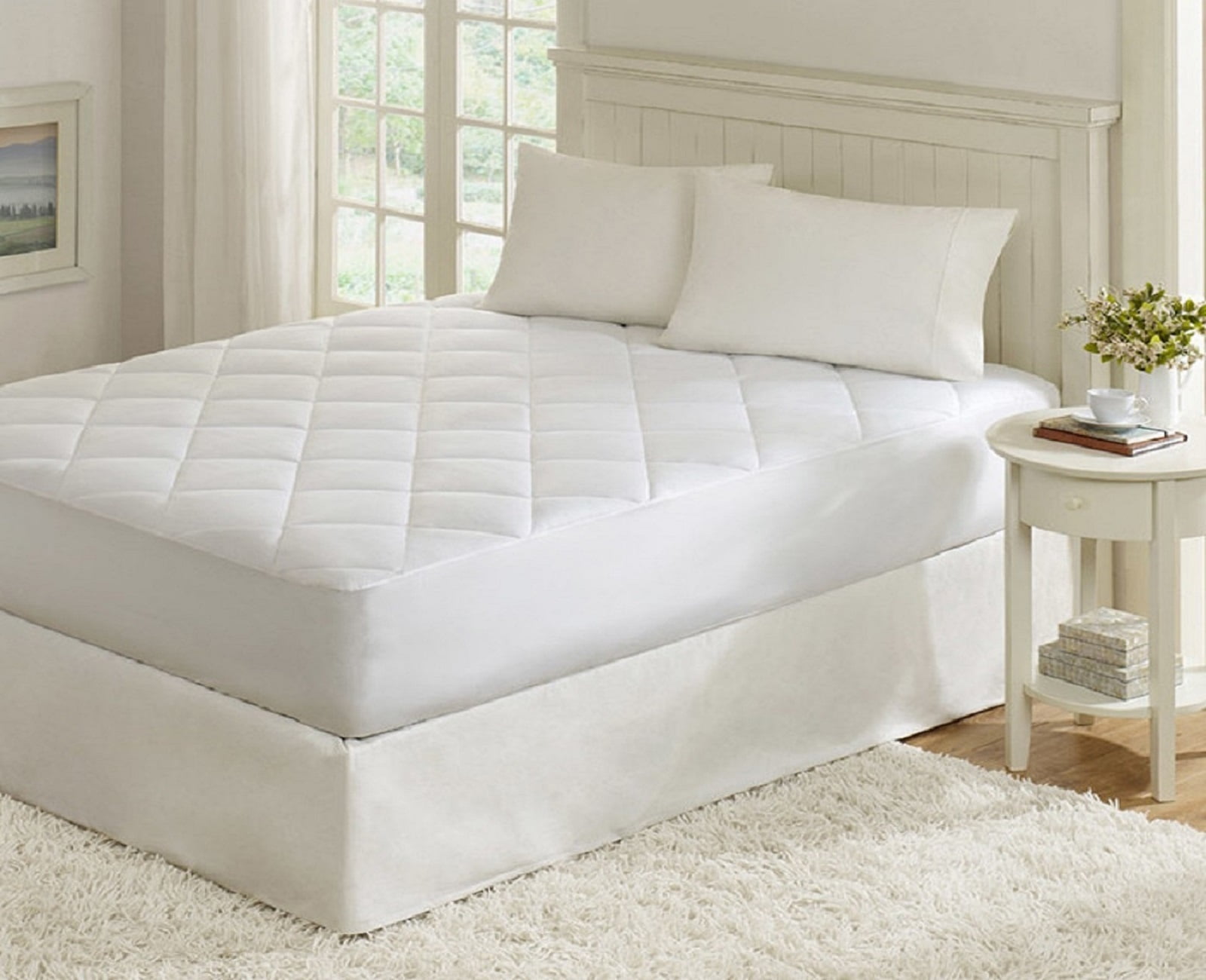
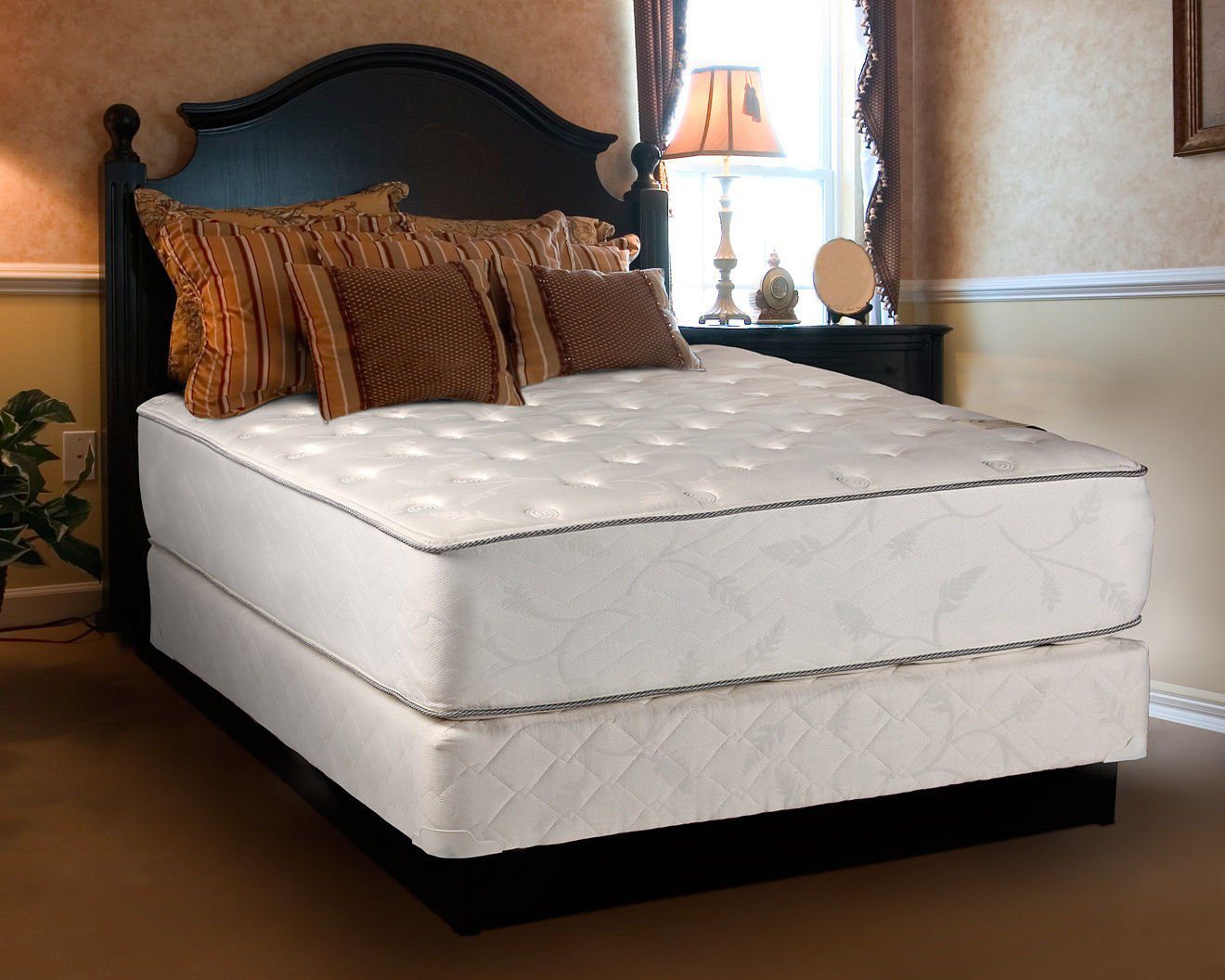
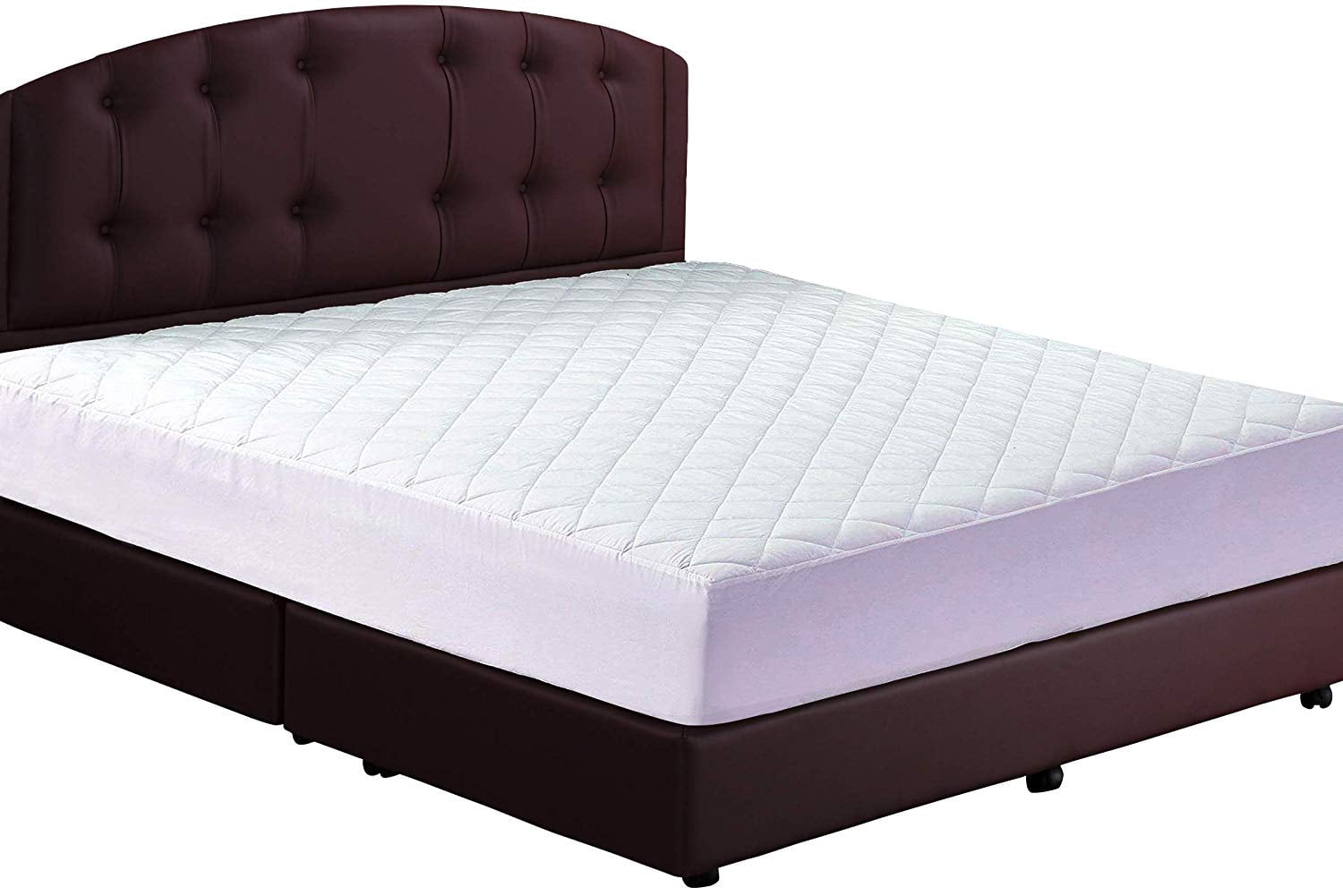
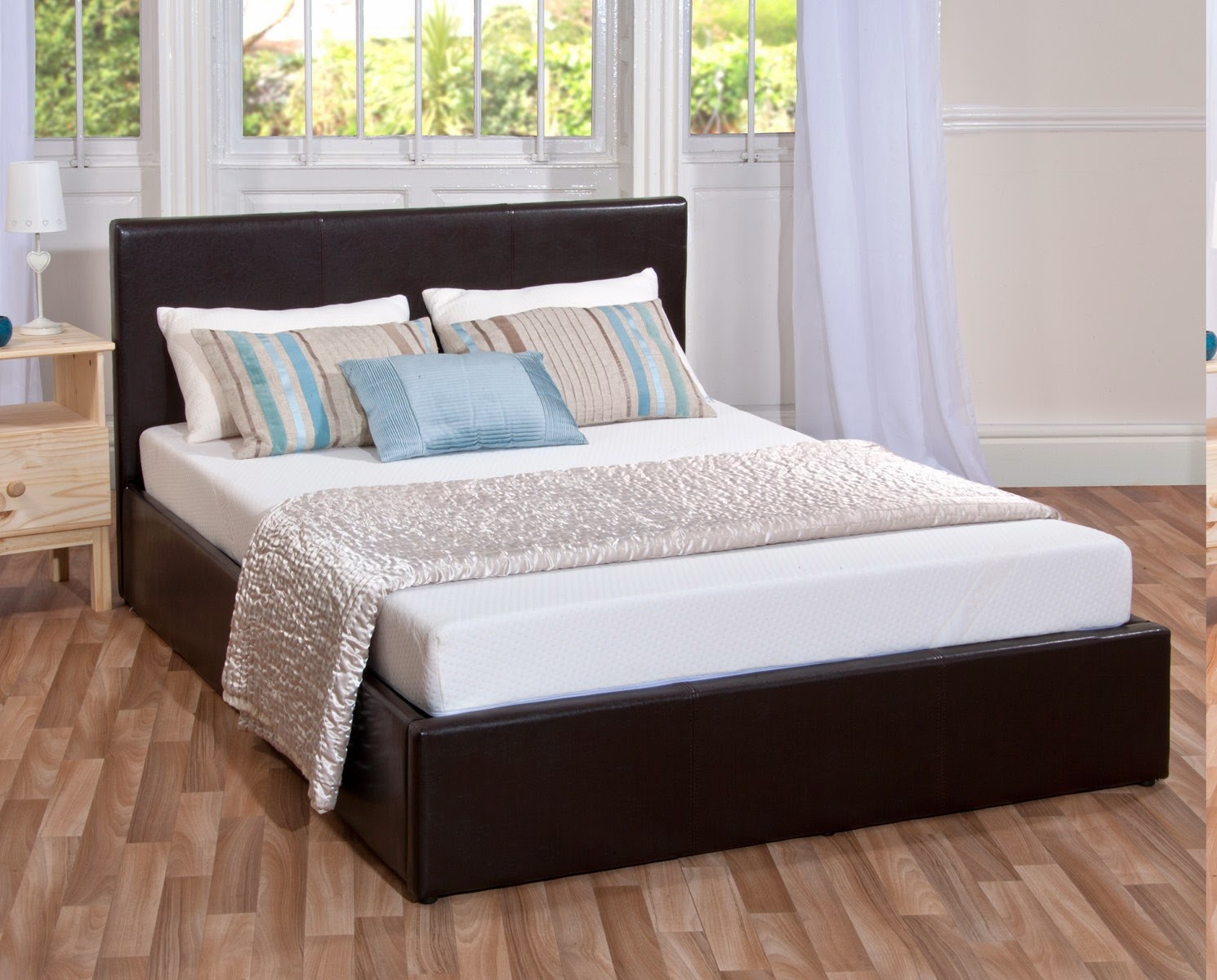




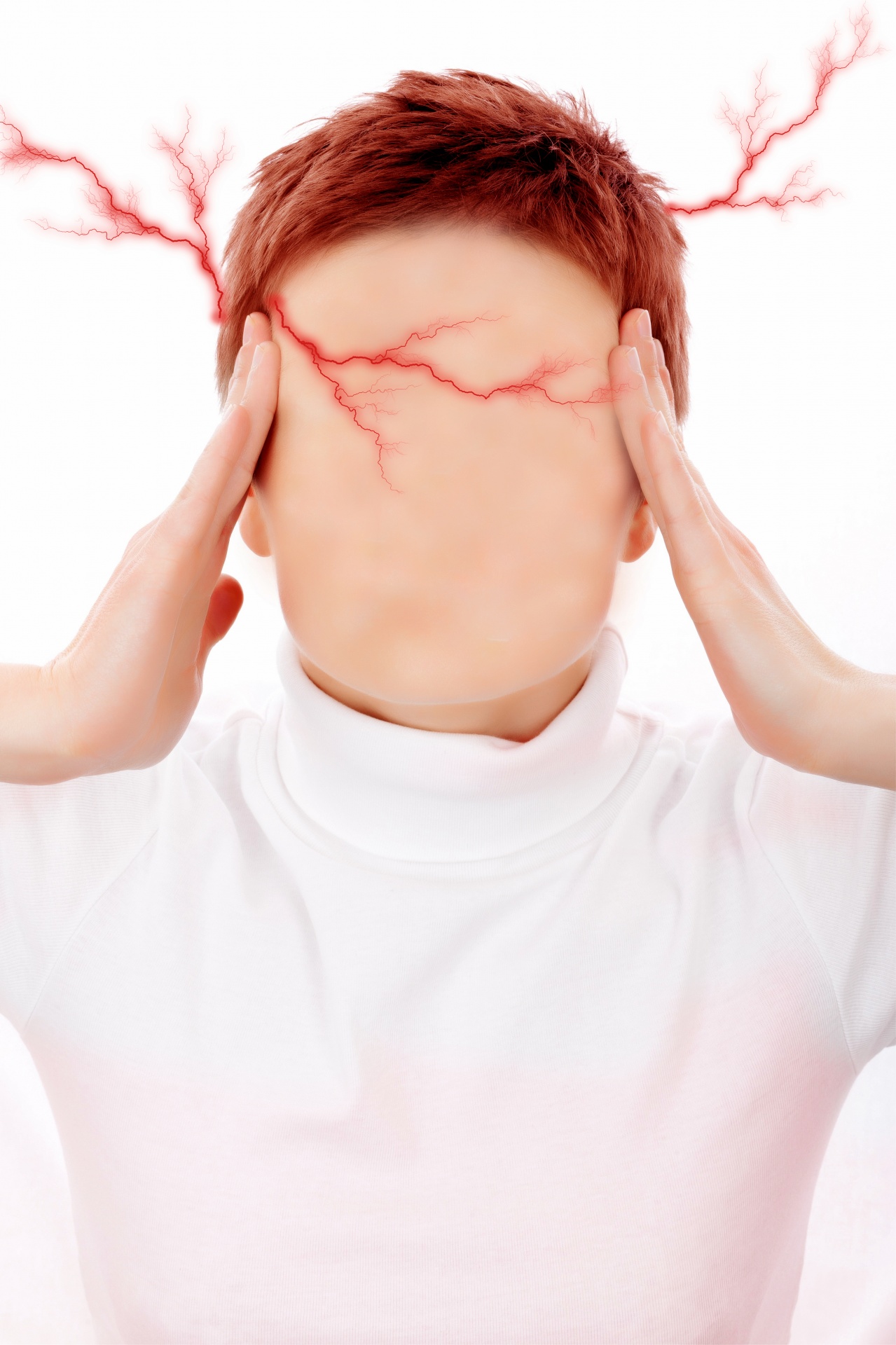



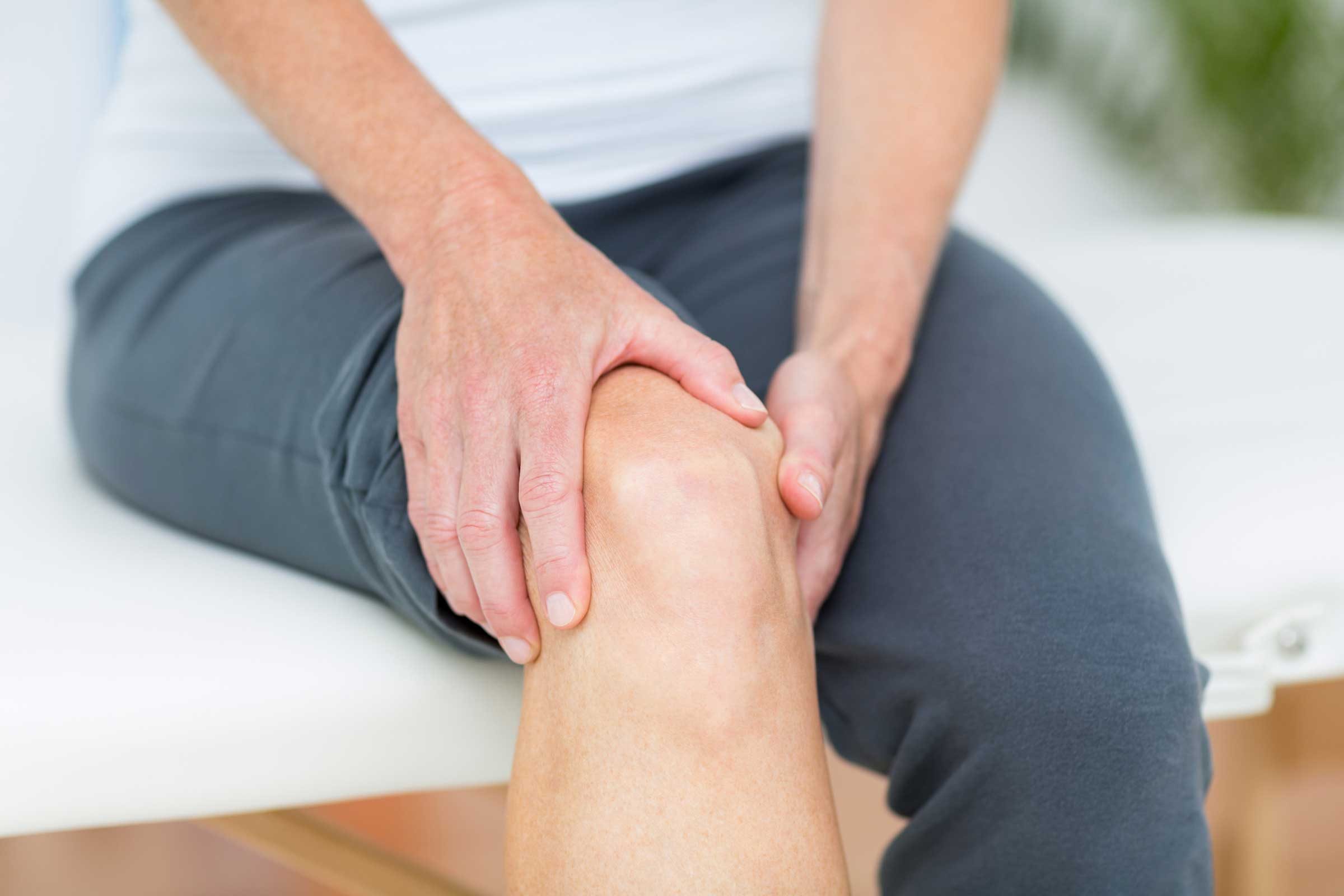


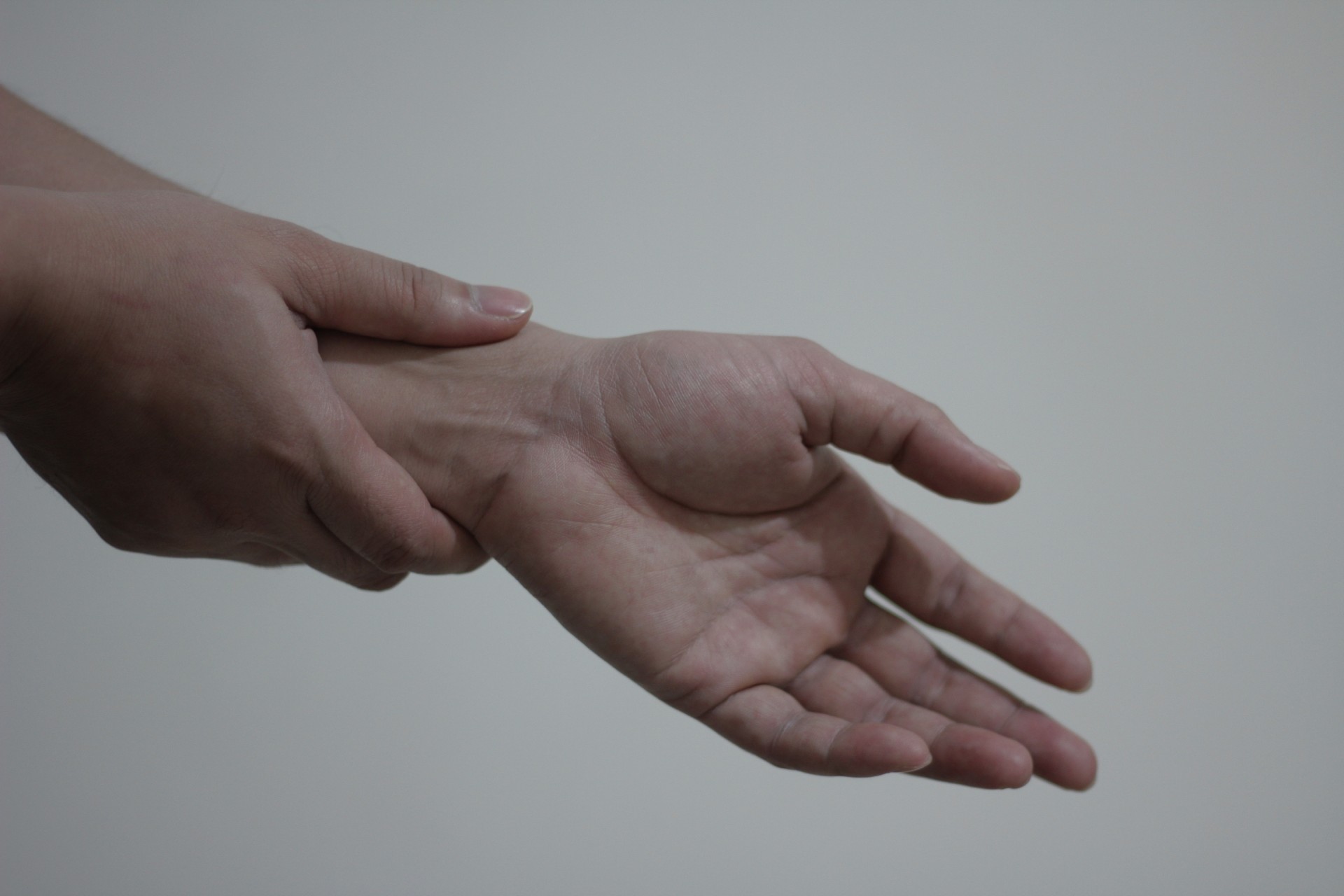
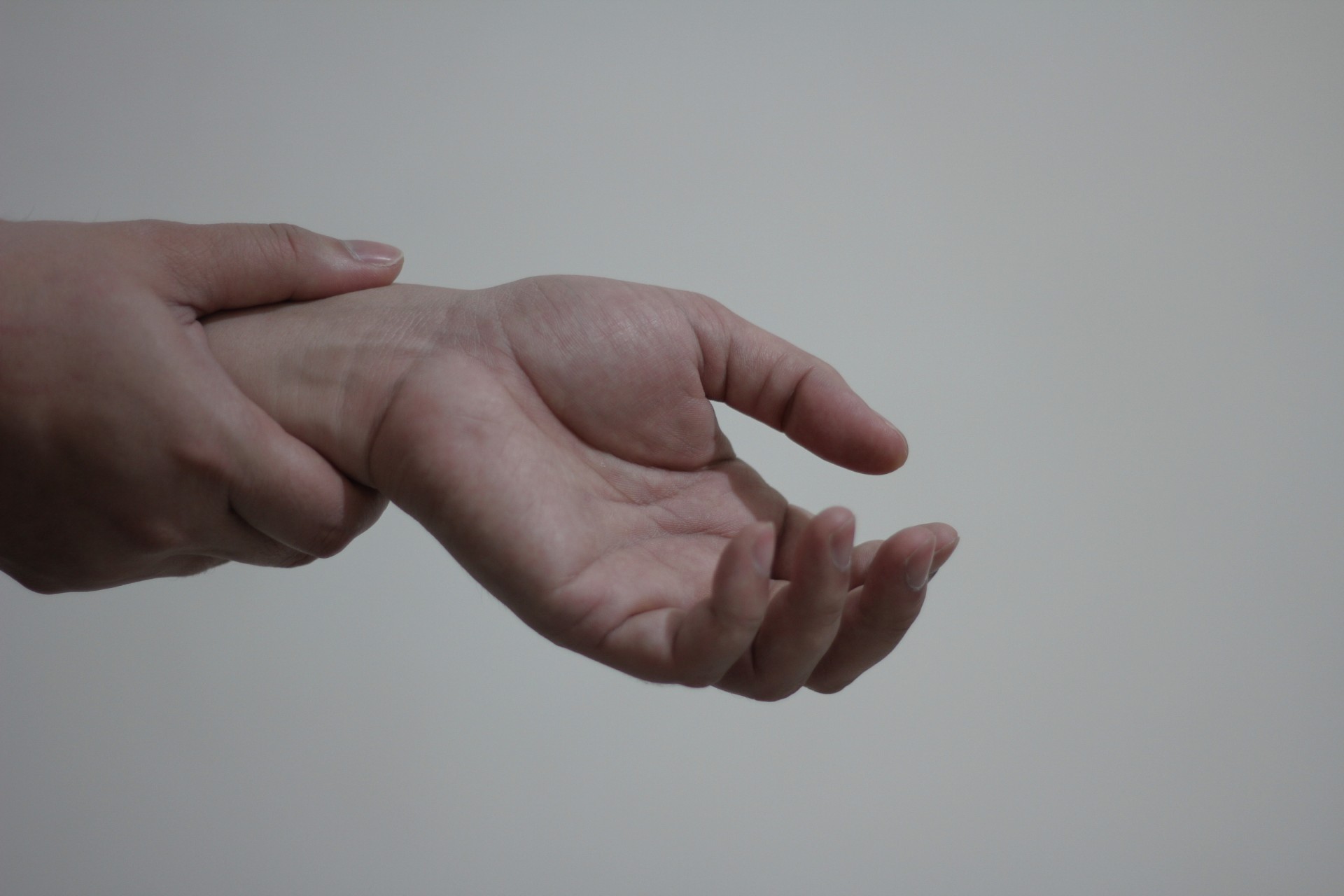


/hipstretch-d7633f3d5c38498497d1ee48826ca072.jpg)
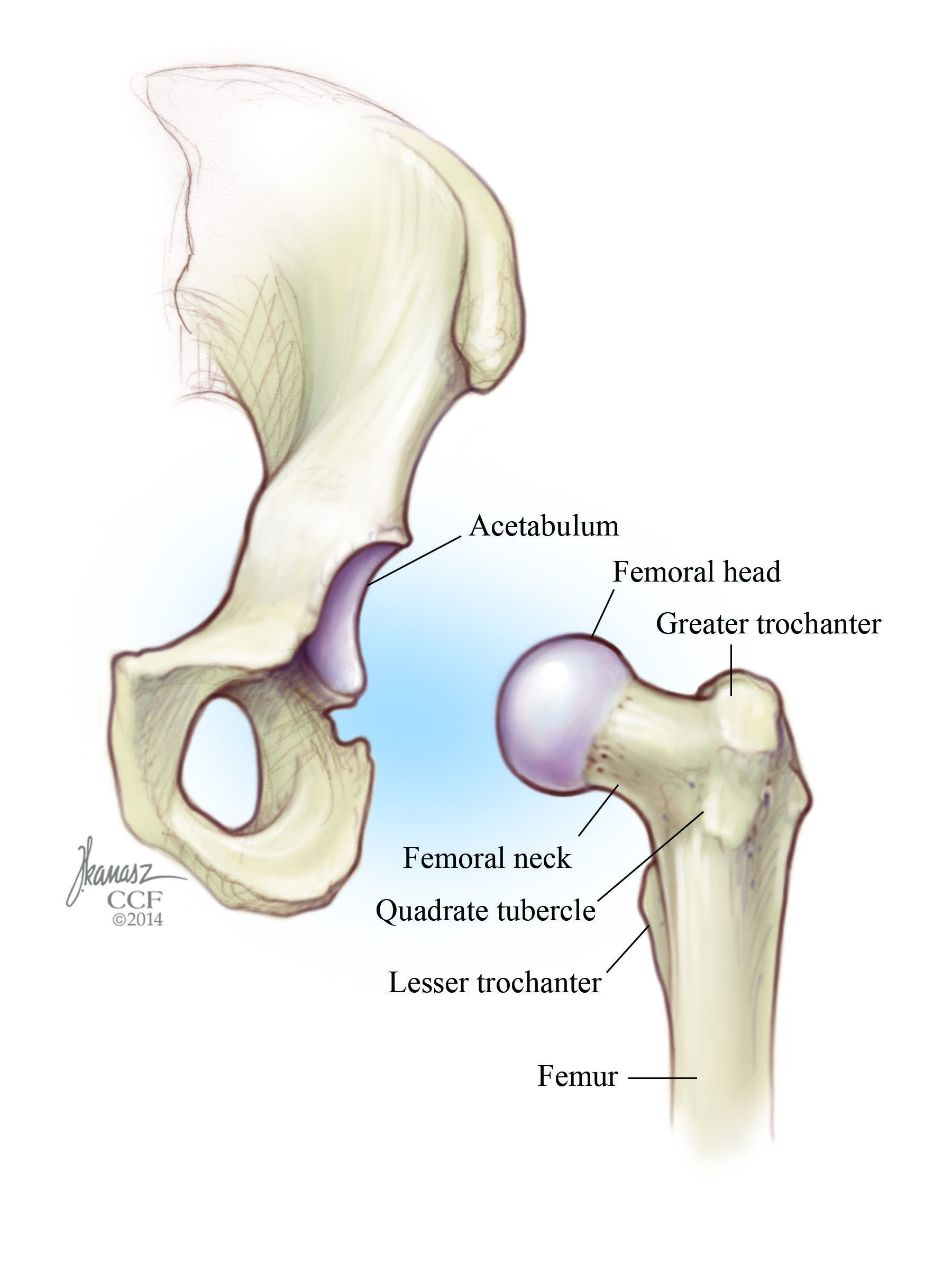
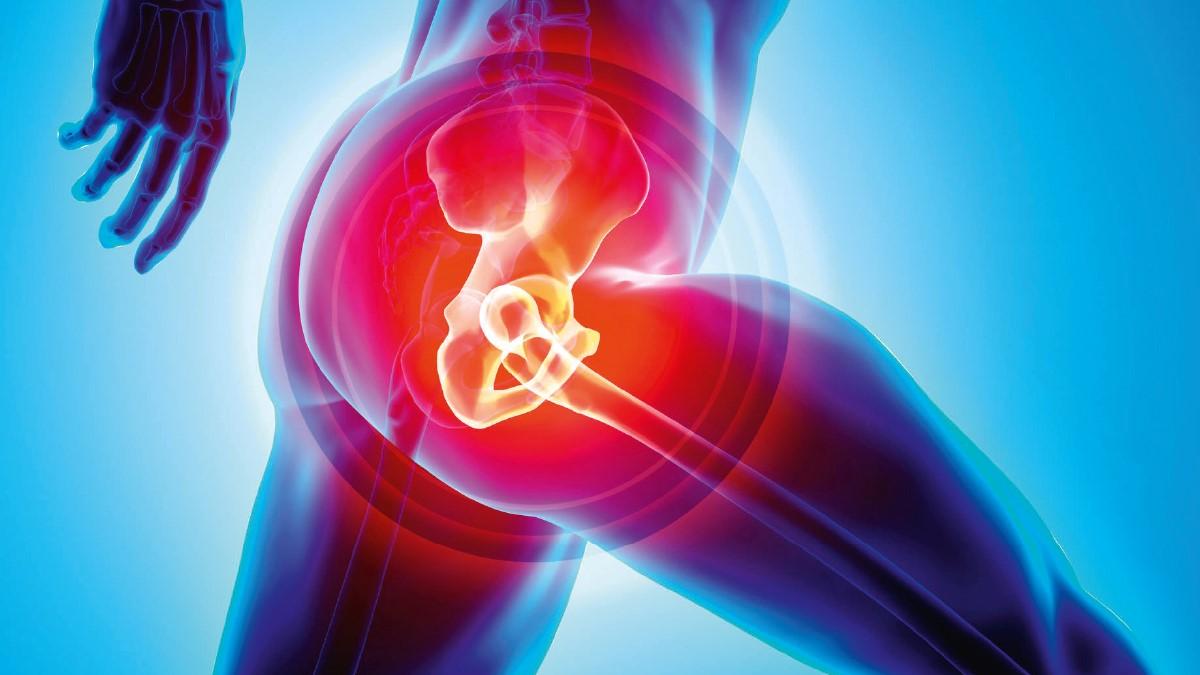
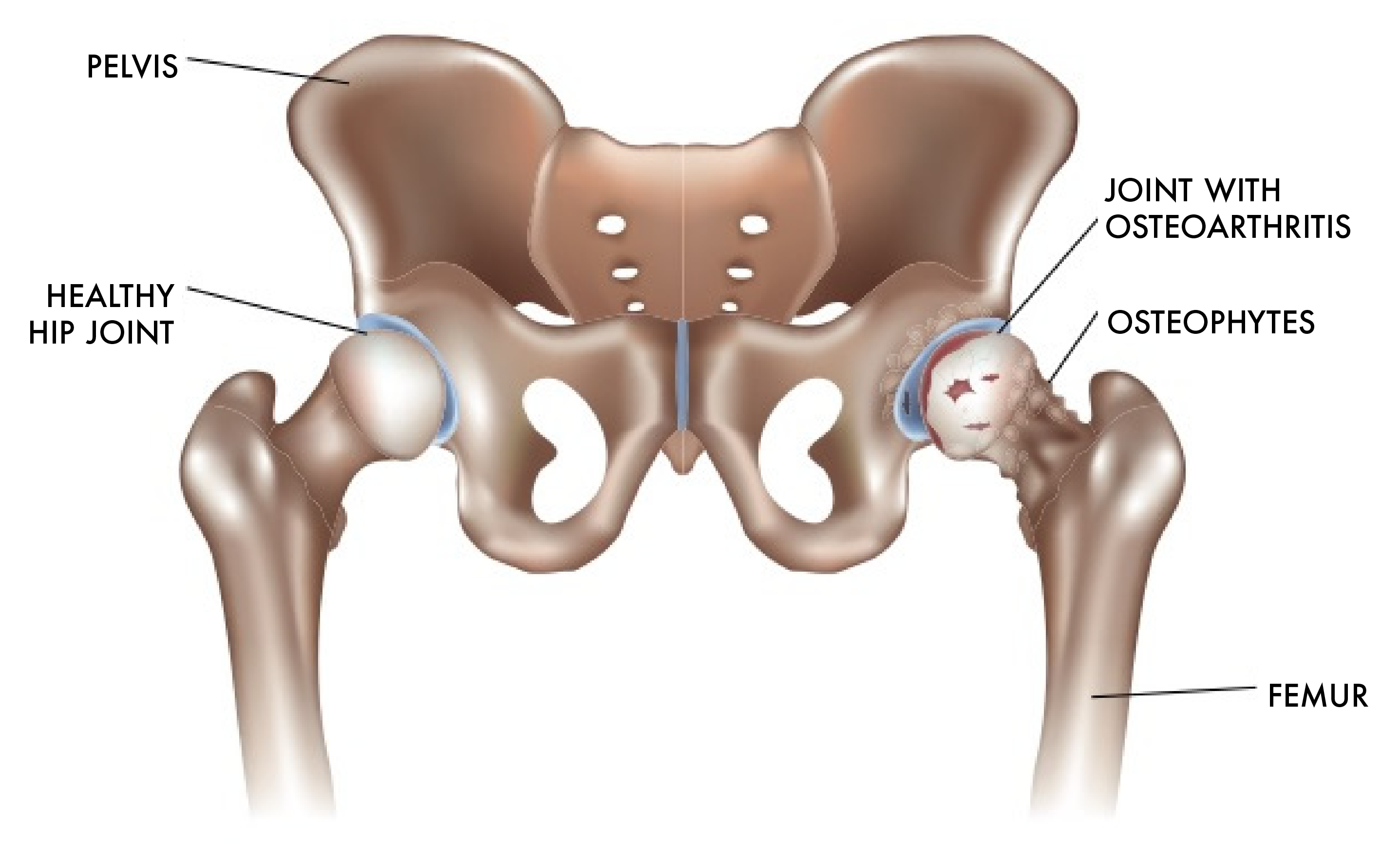
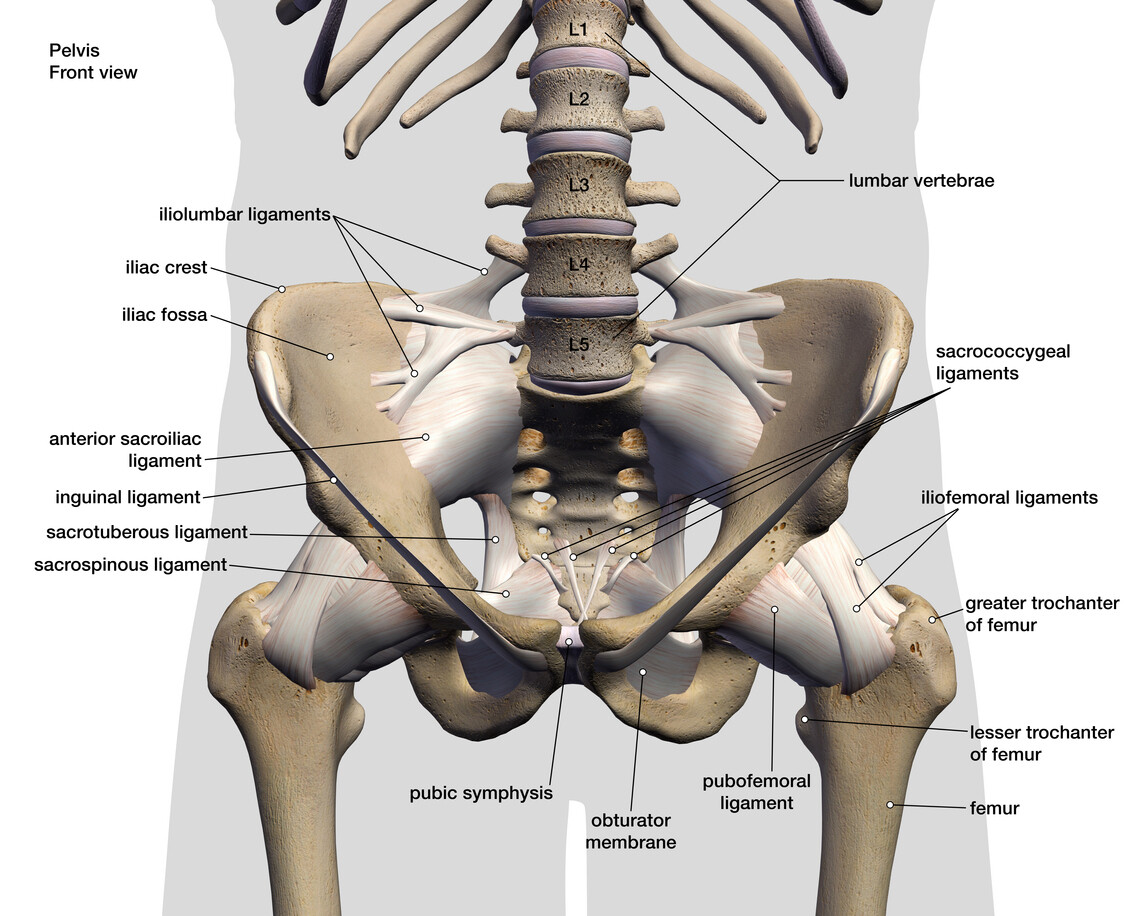
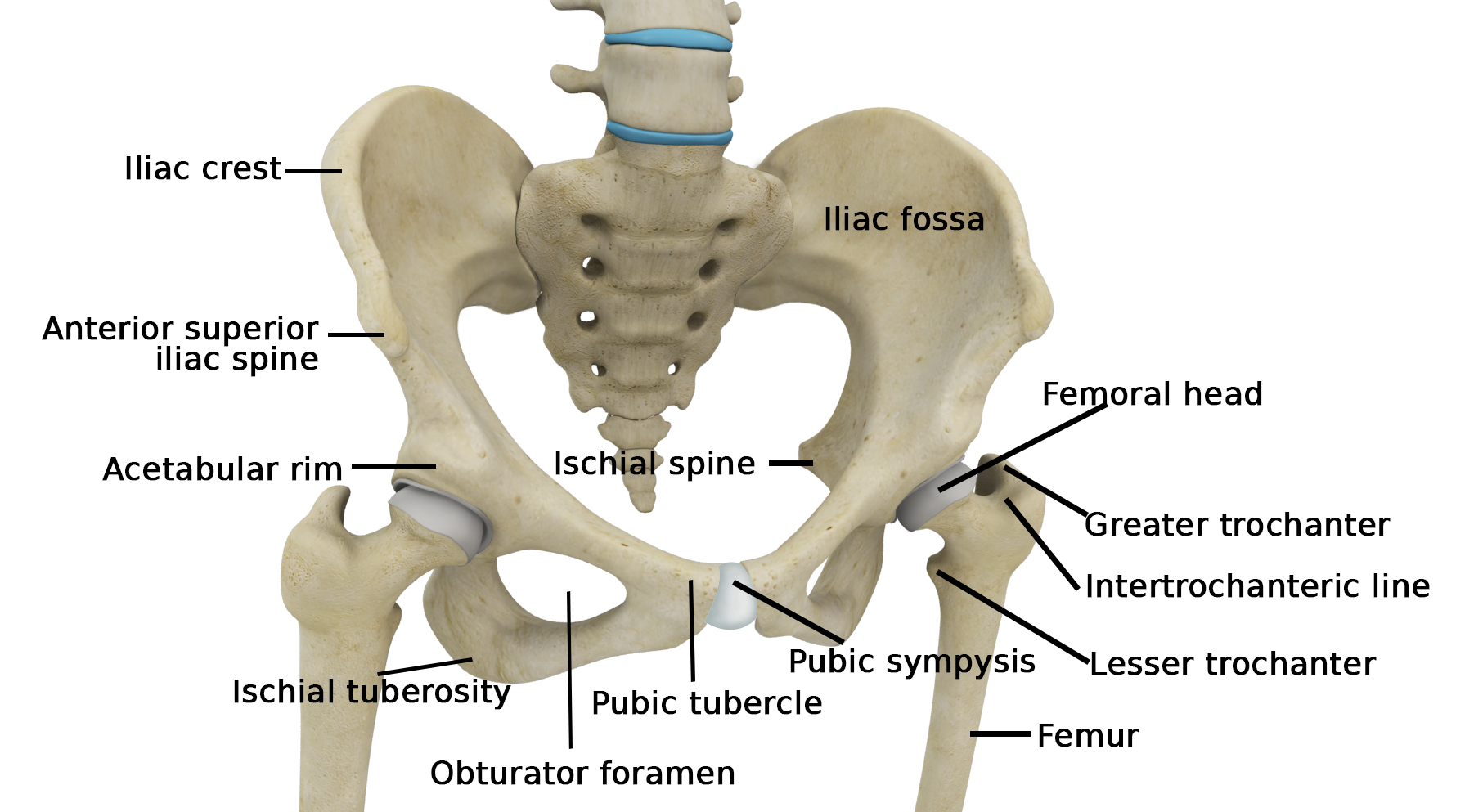
/x-ray-illustration-of-hip-replacement-1254389825-b985fdb1364345f1892cde5cd397eee5.jpg)
